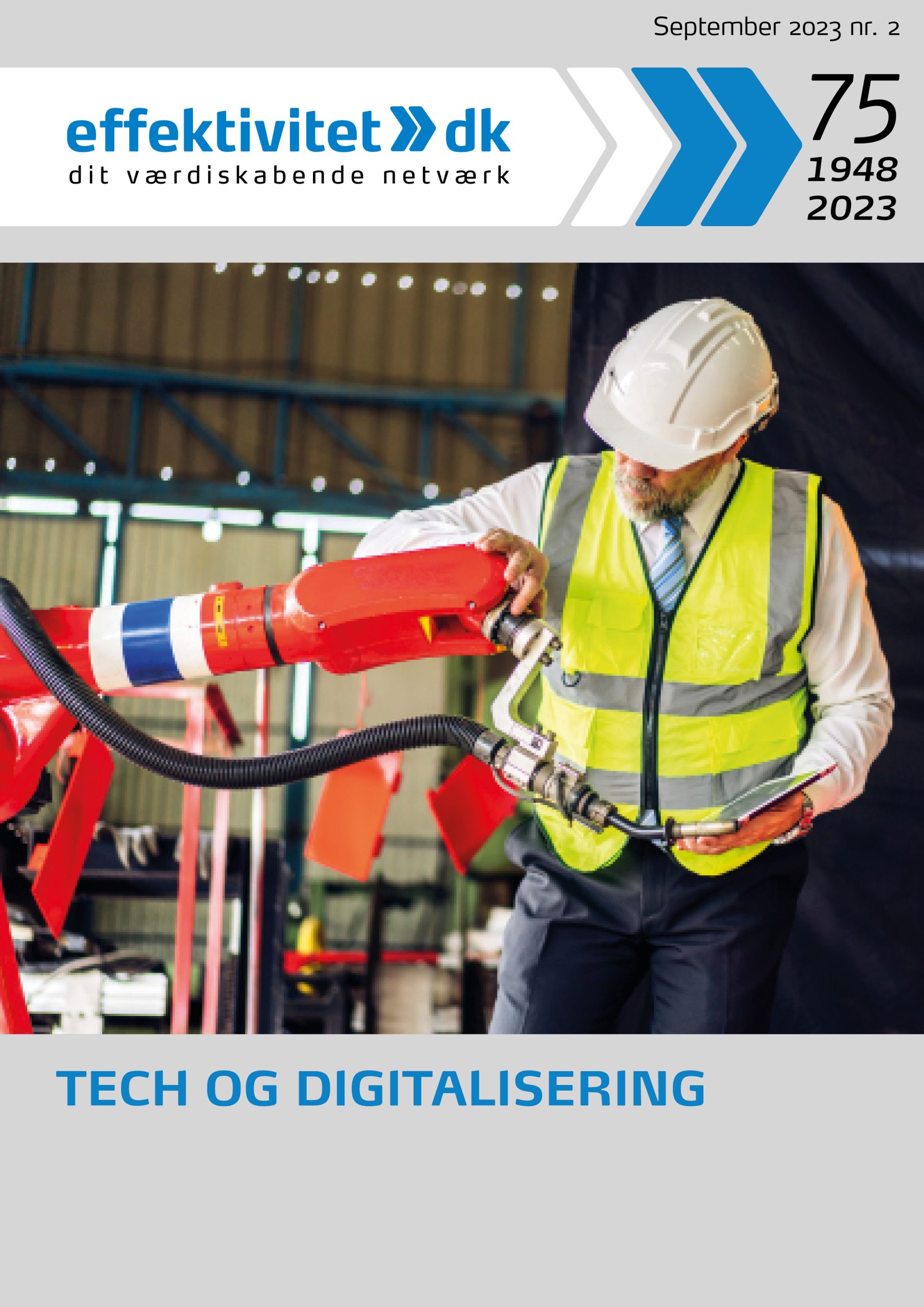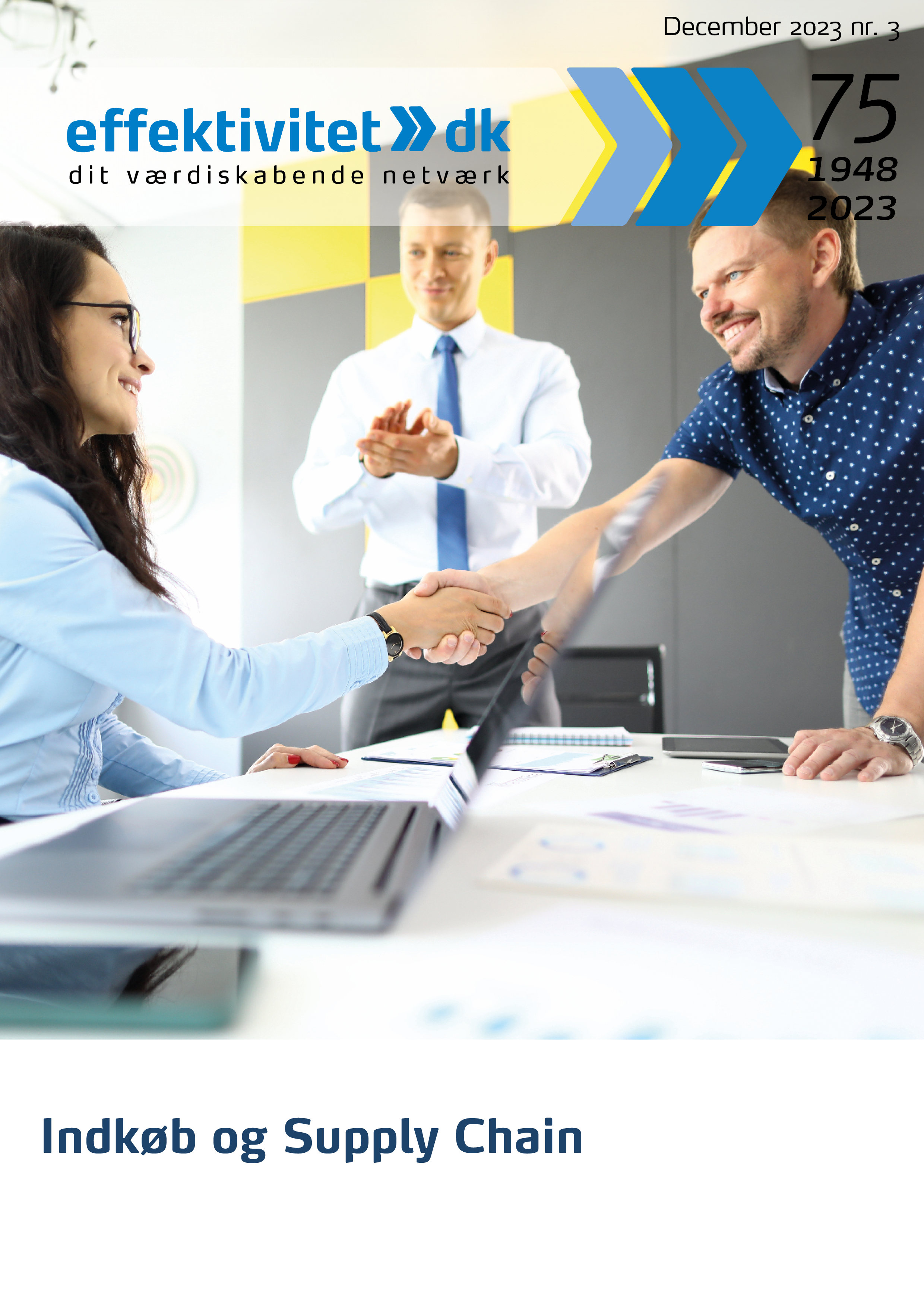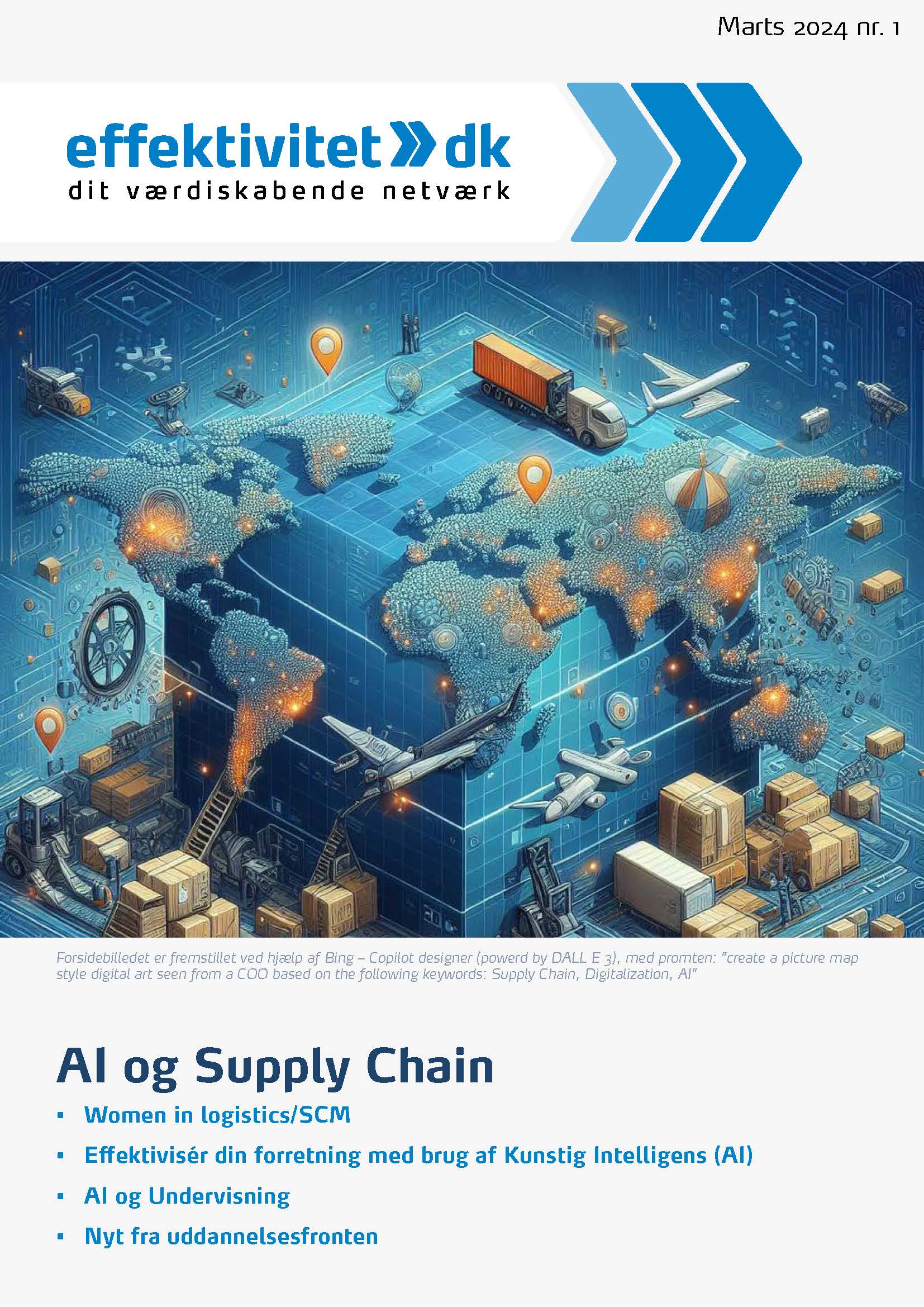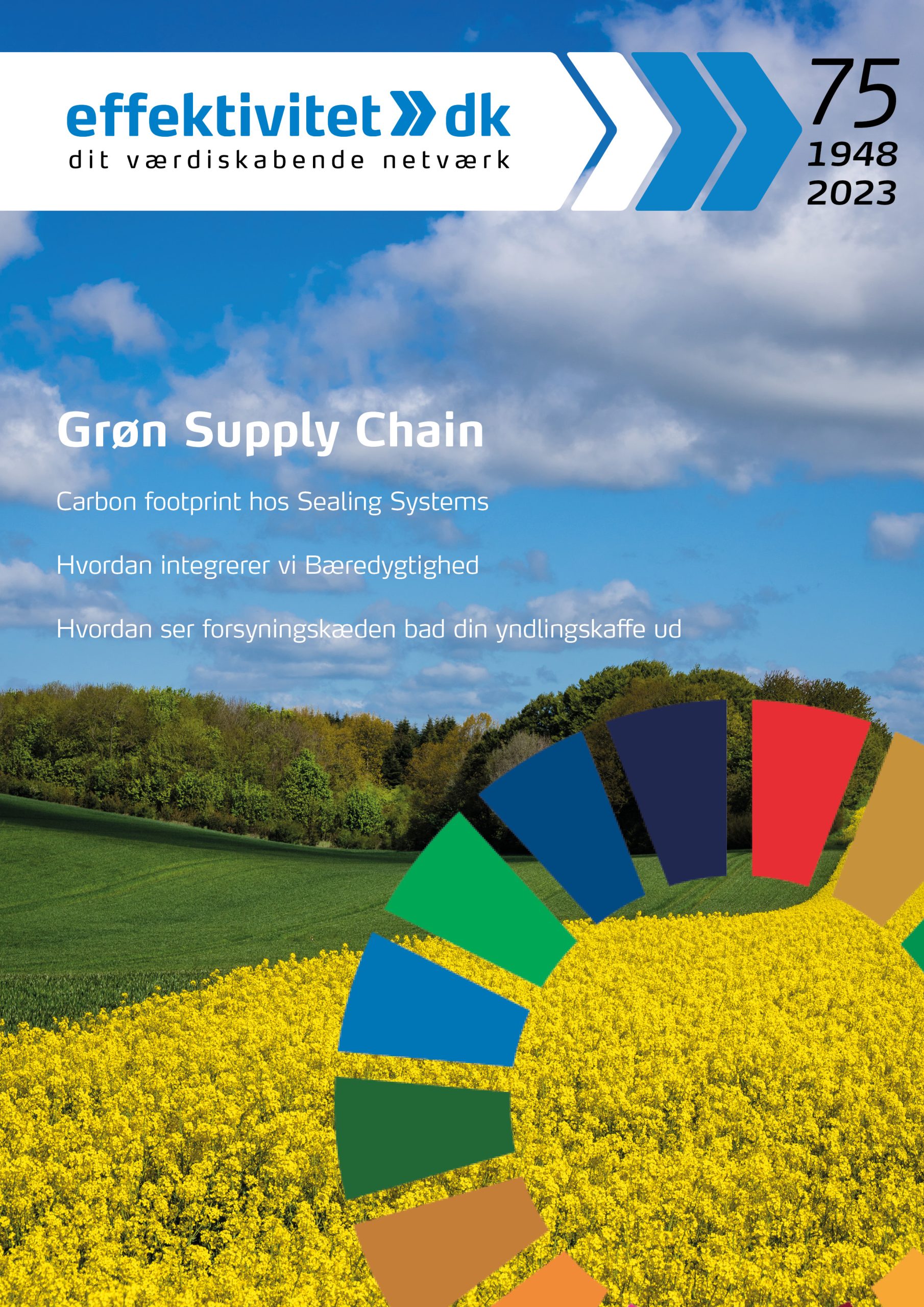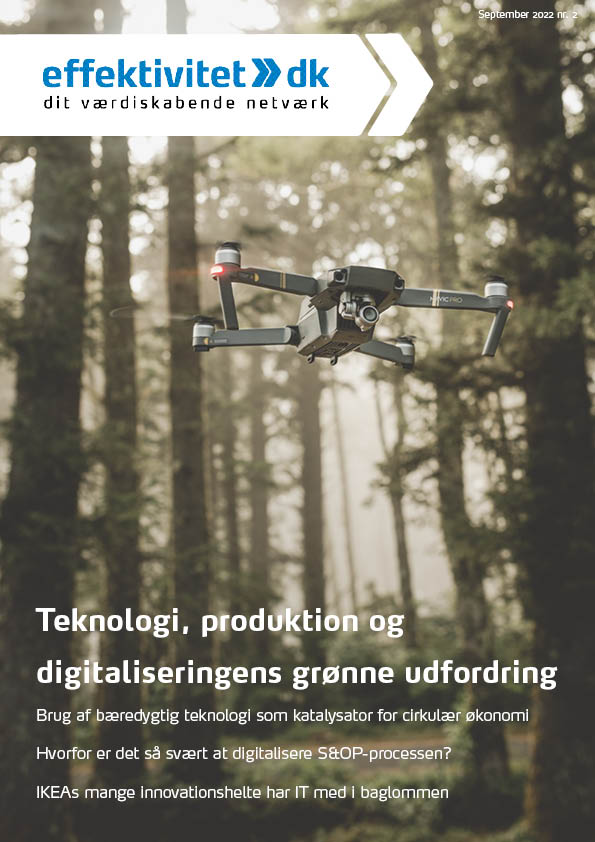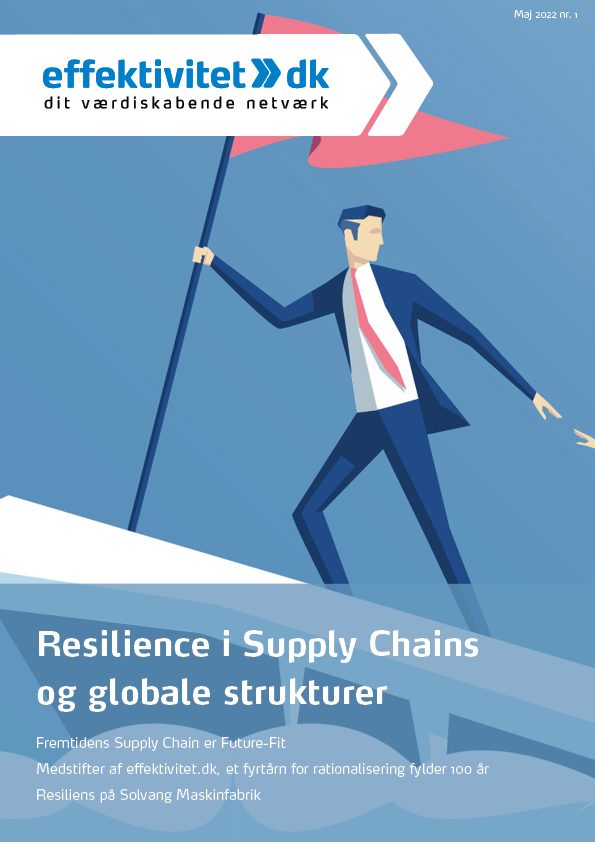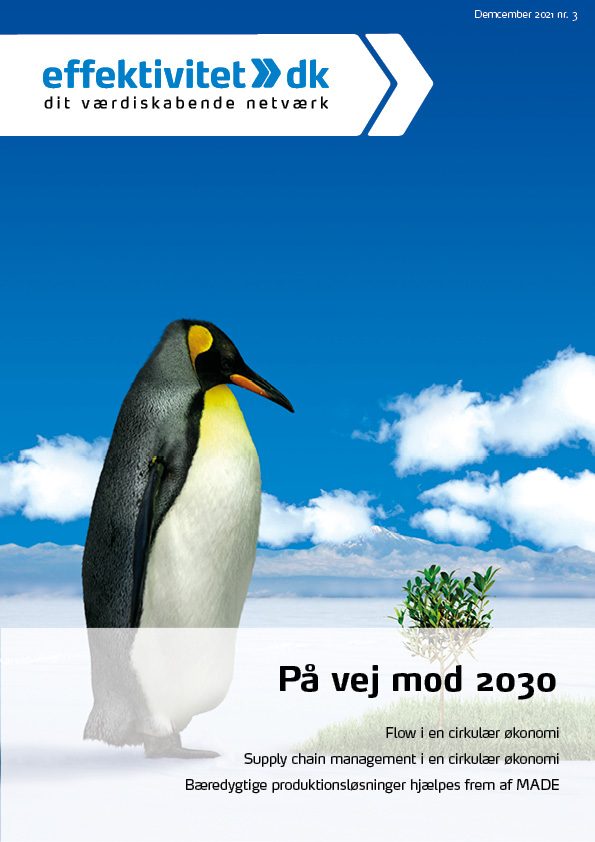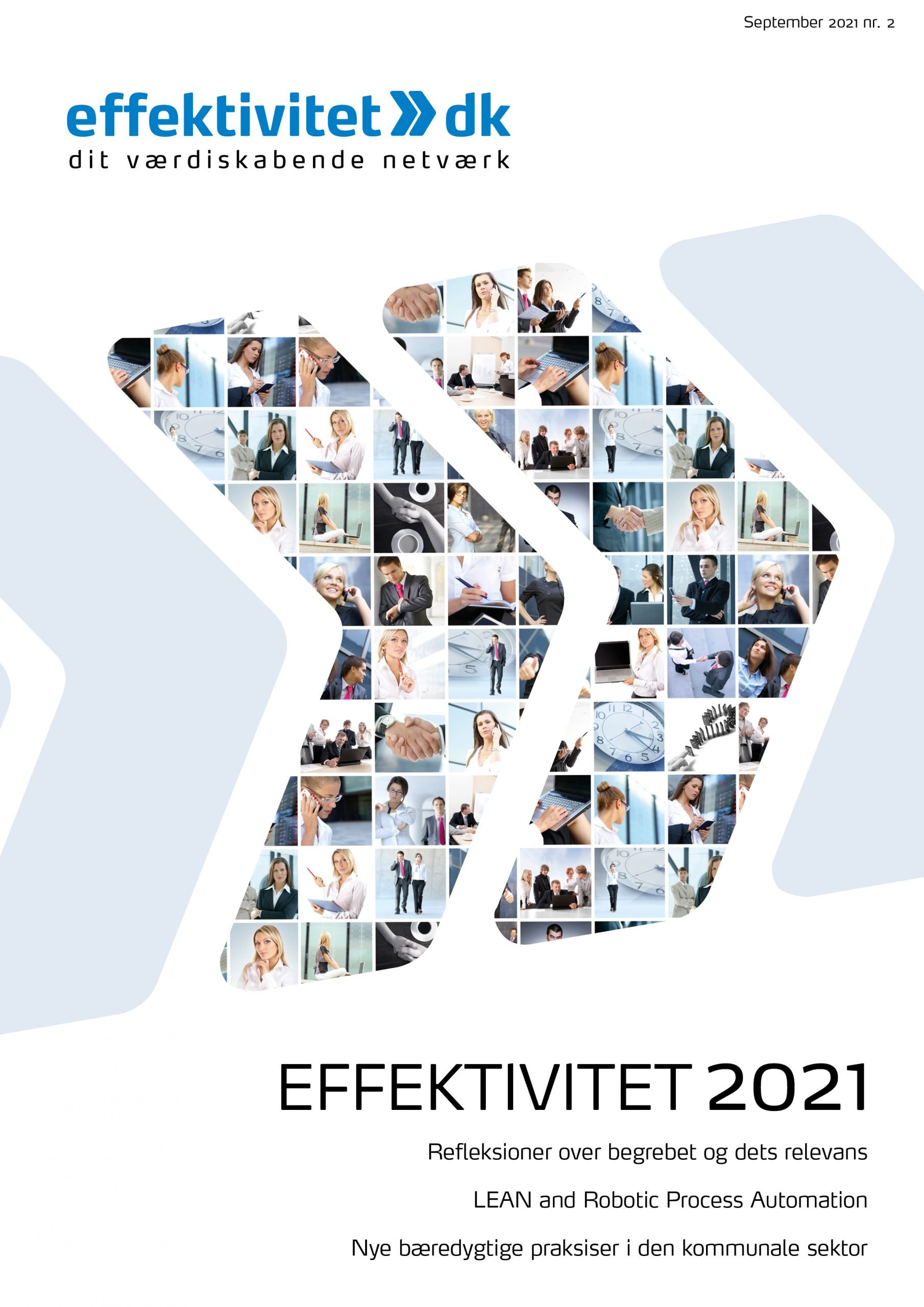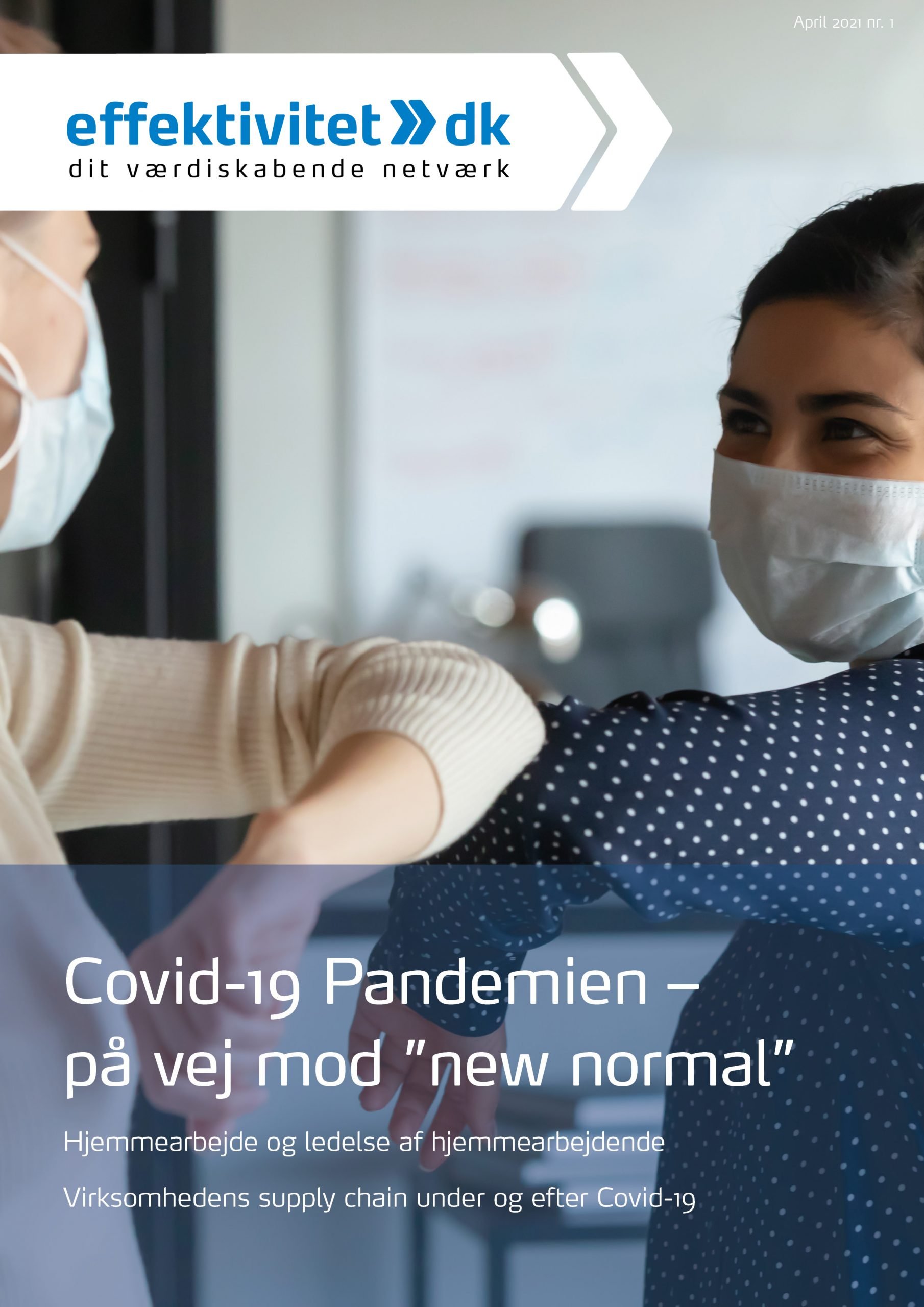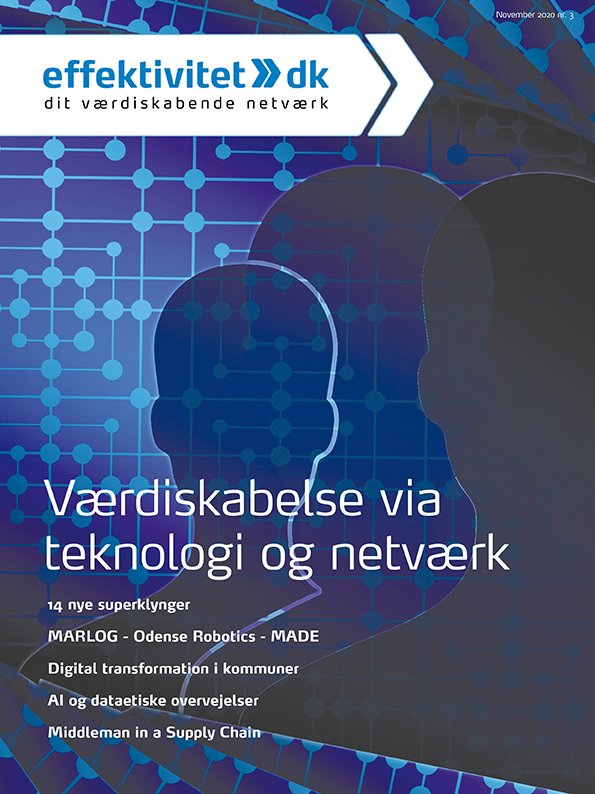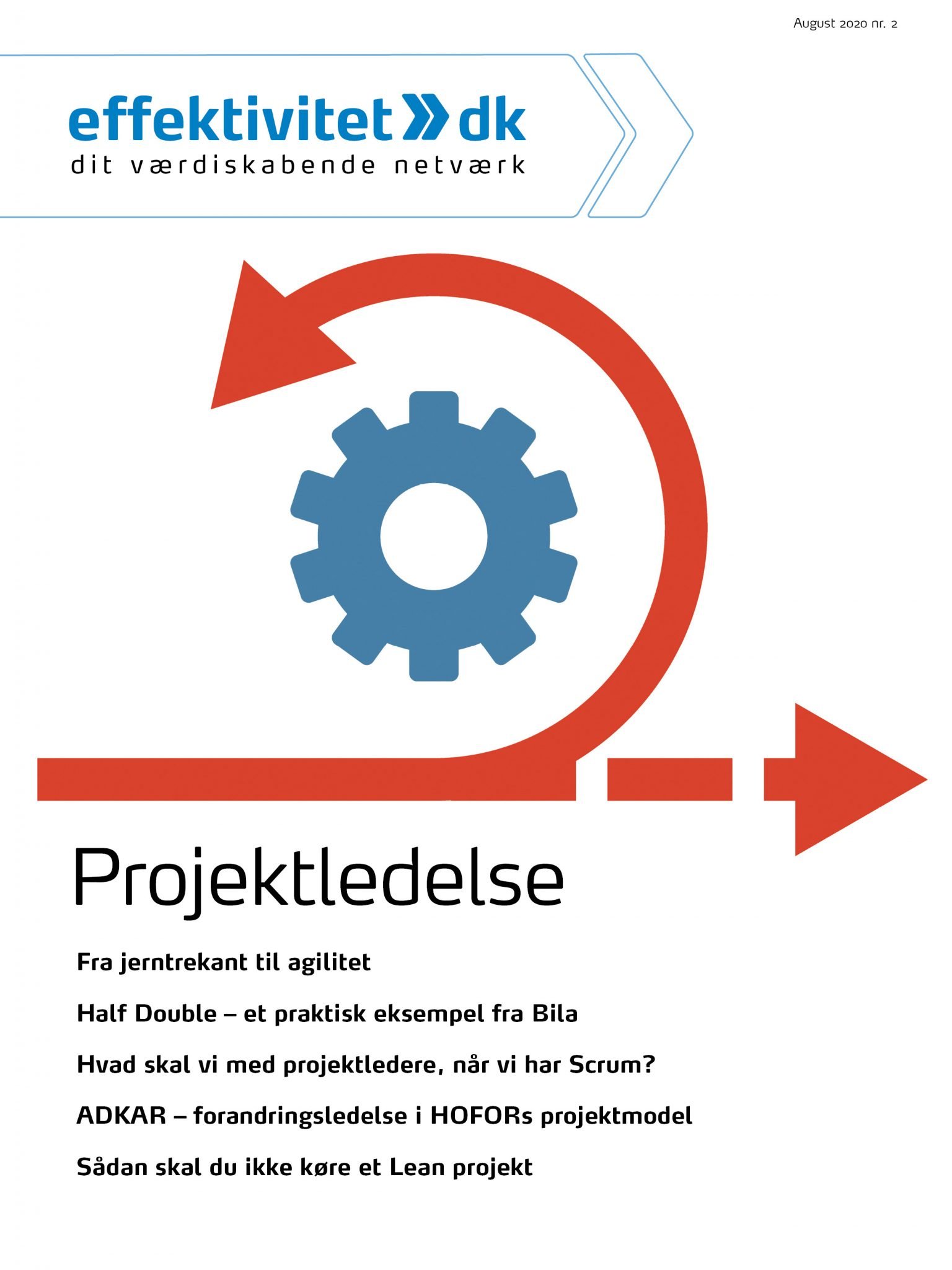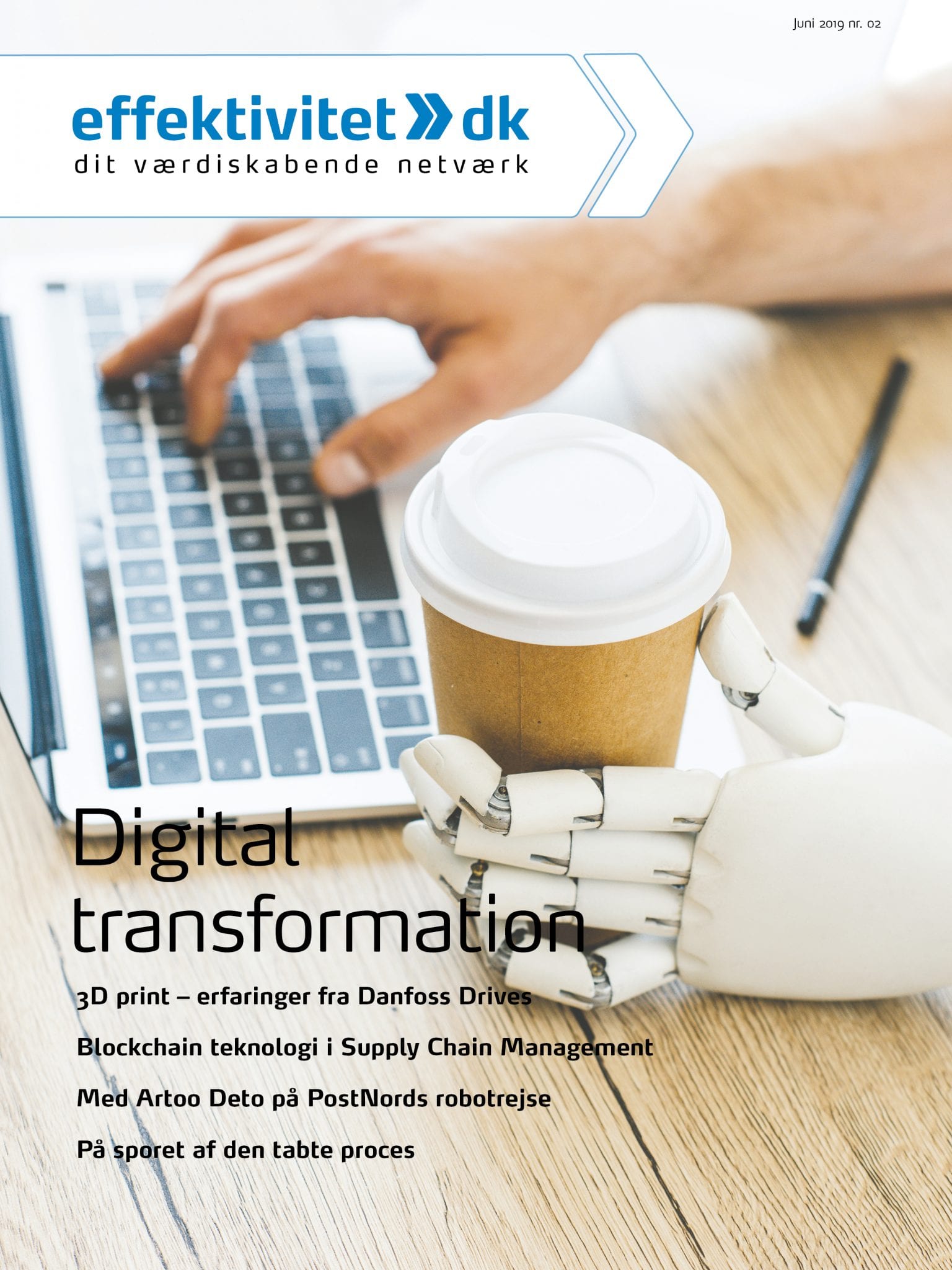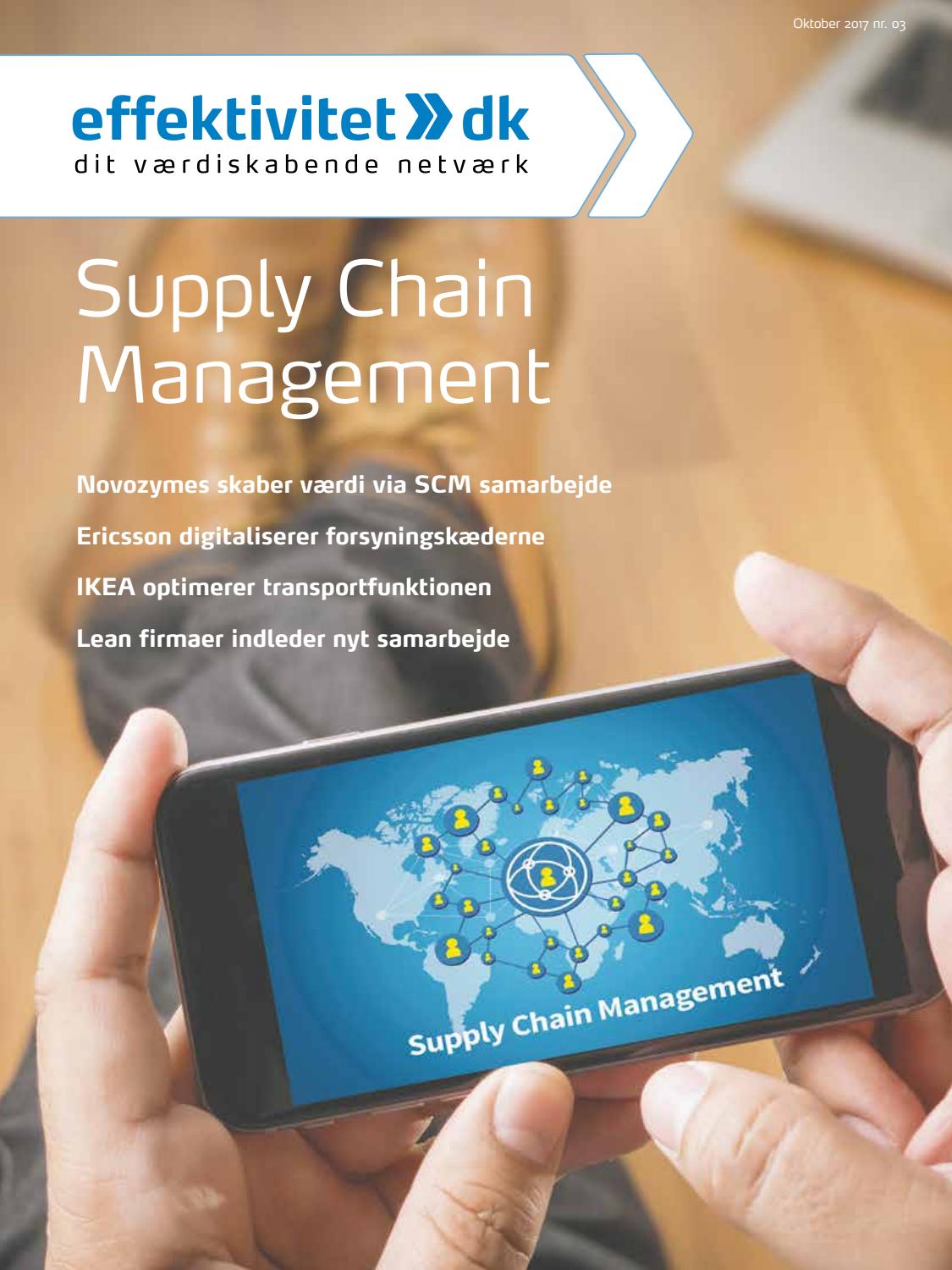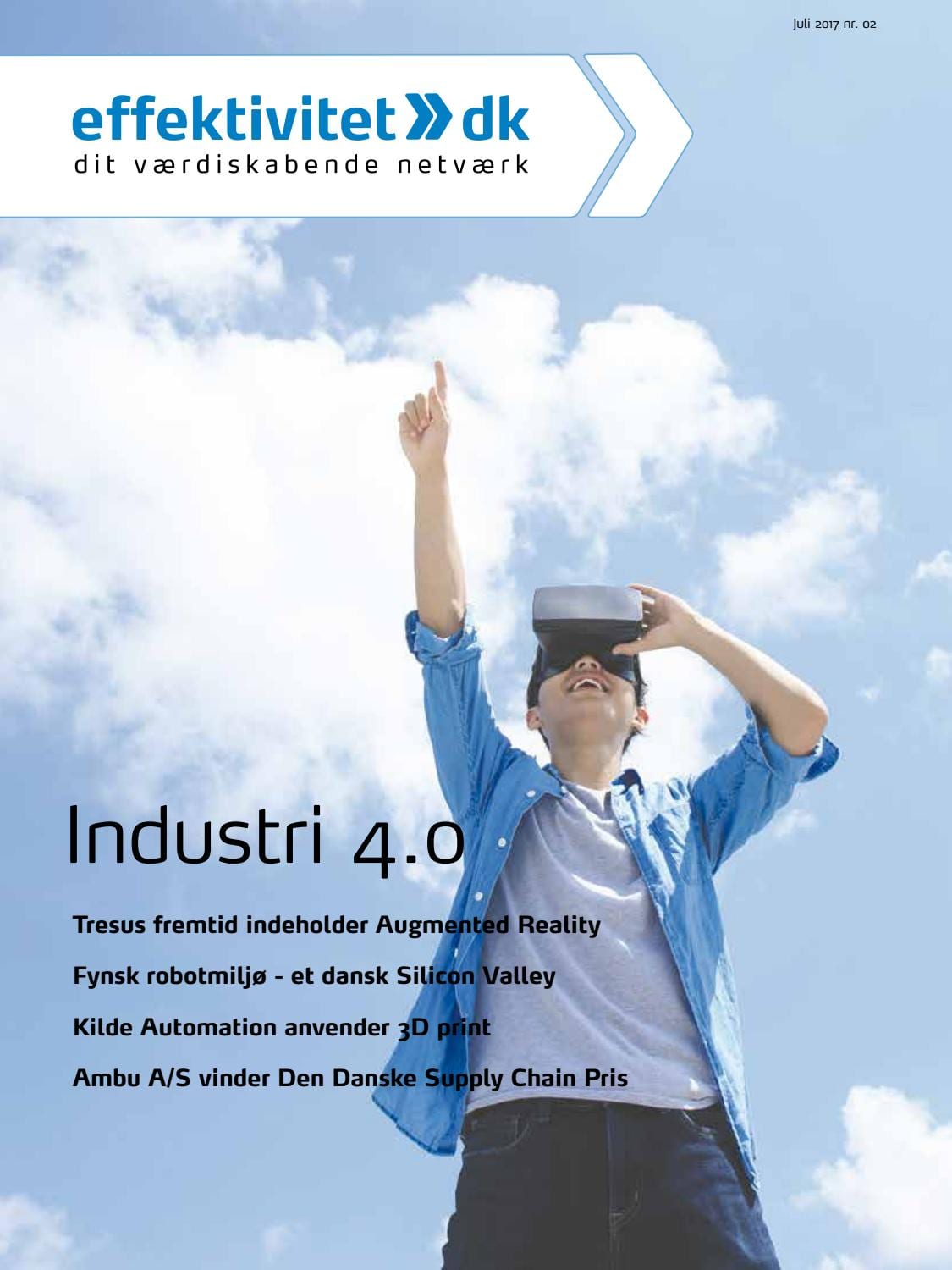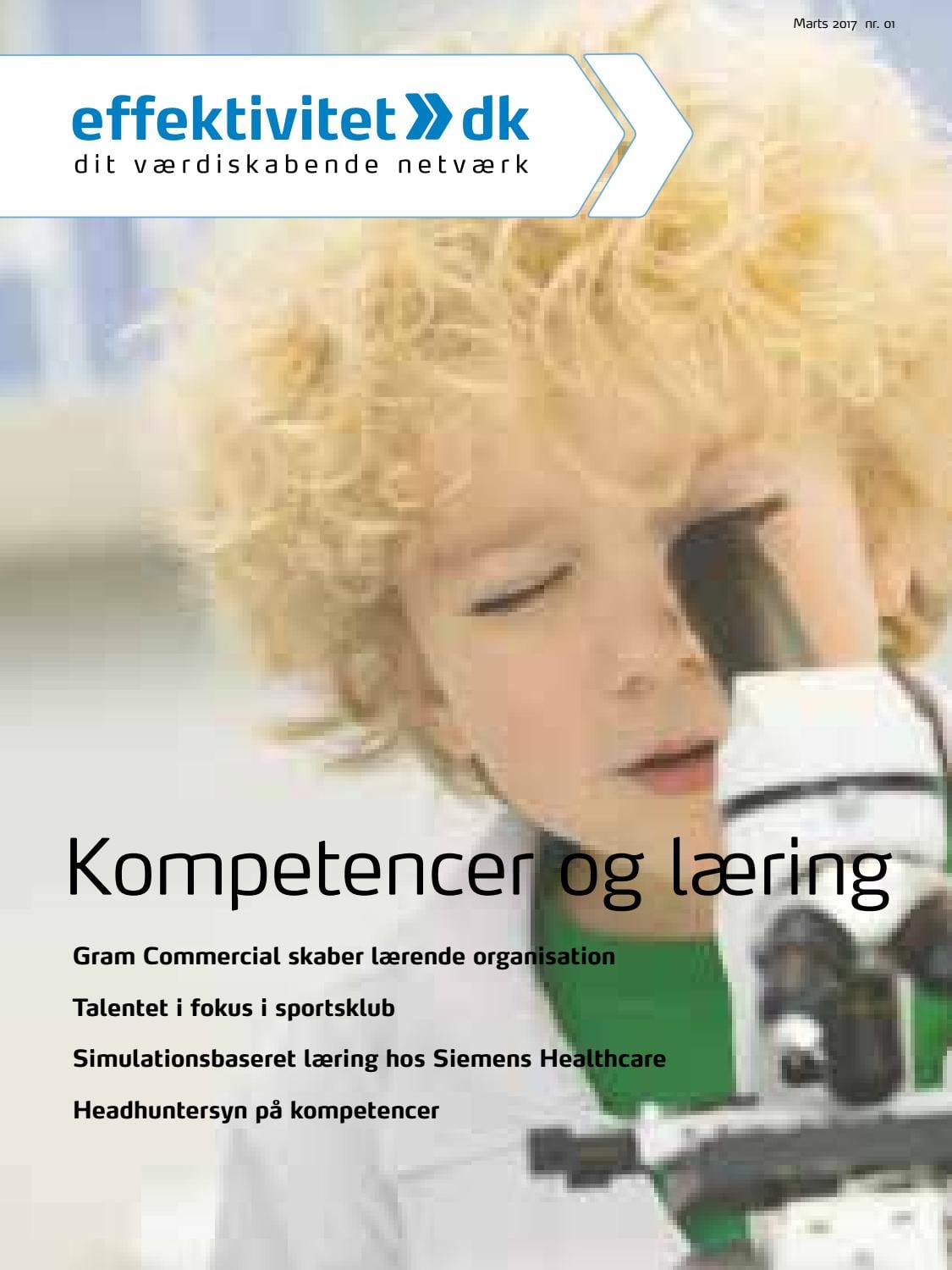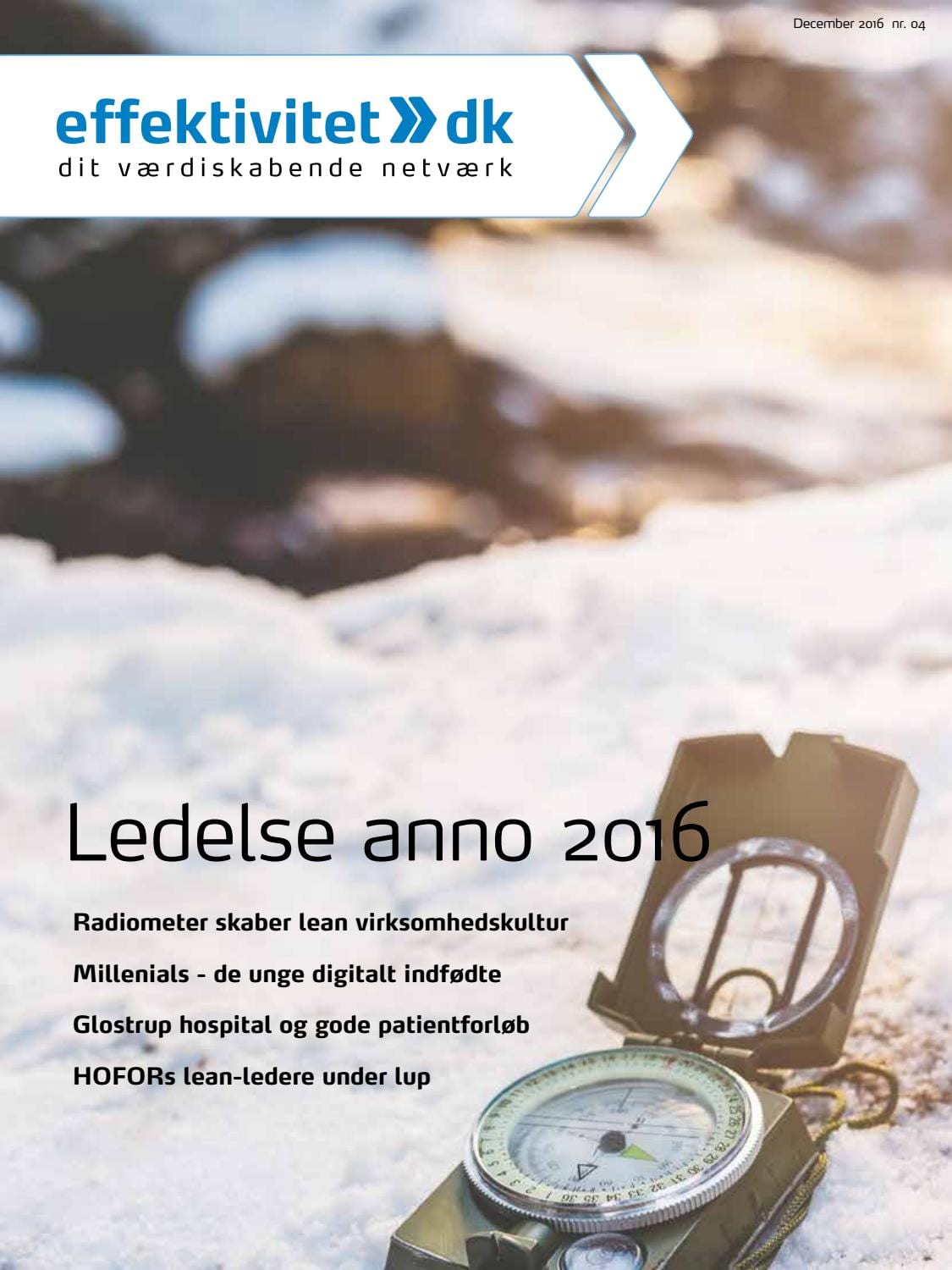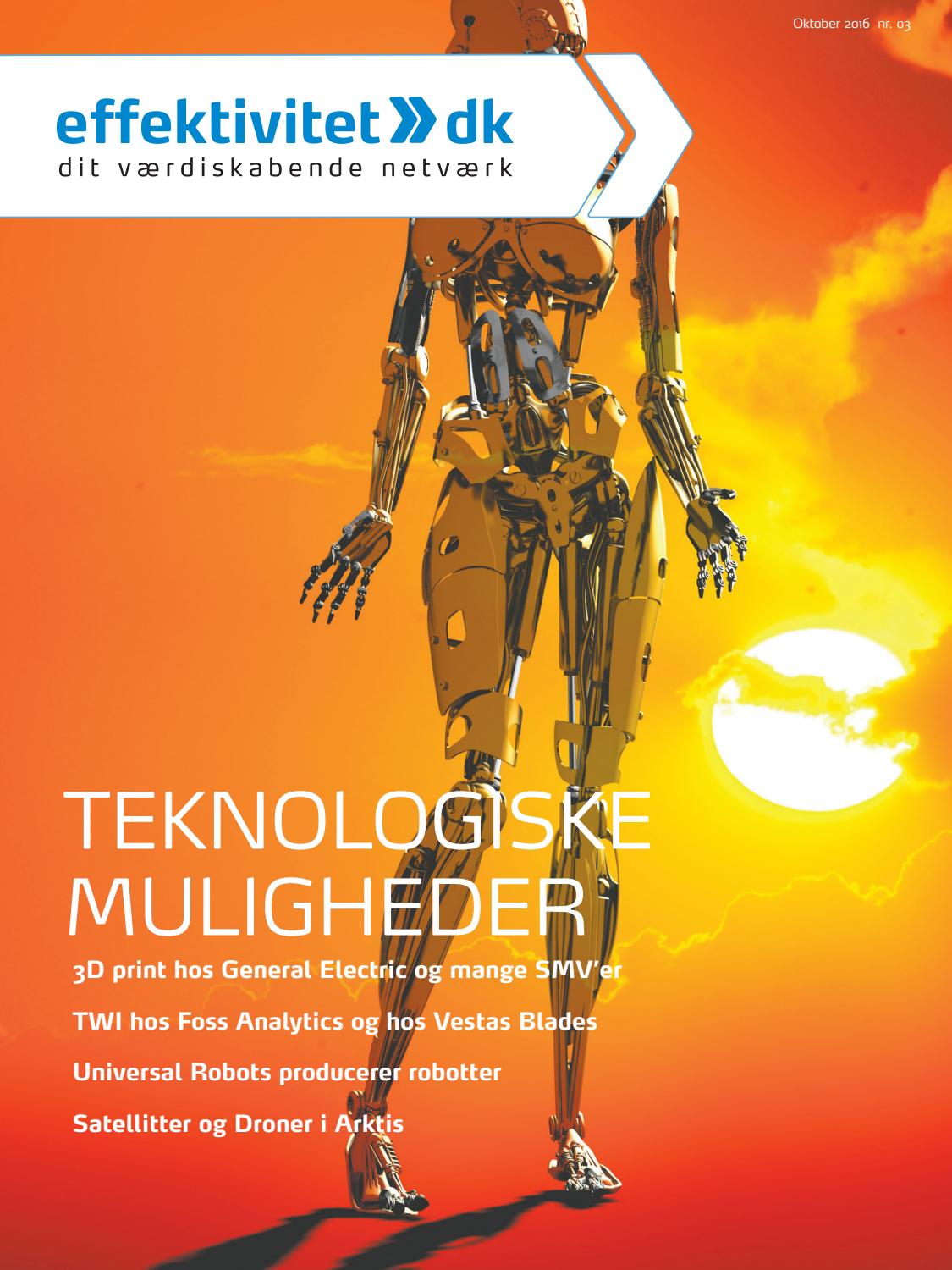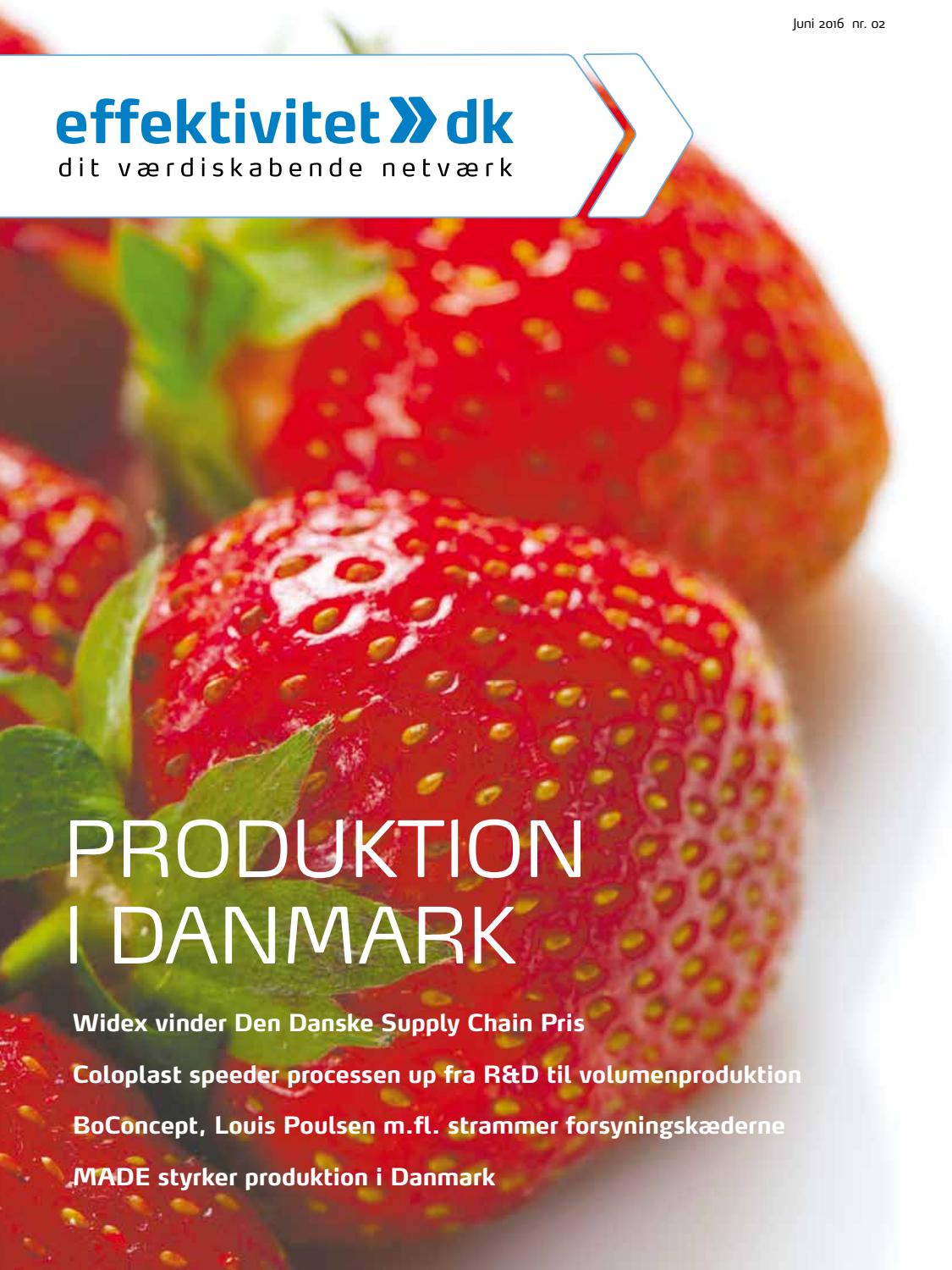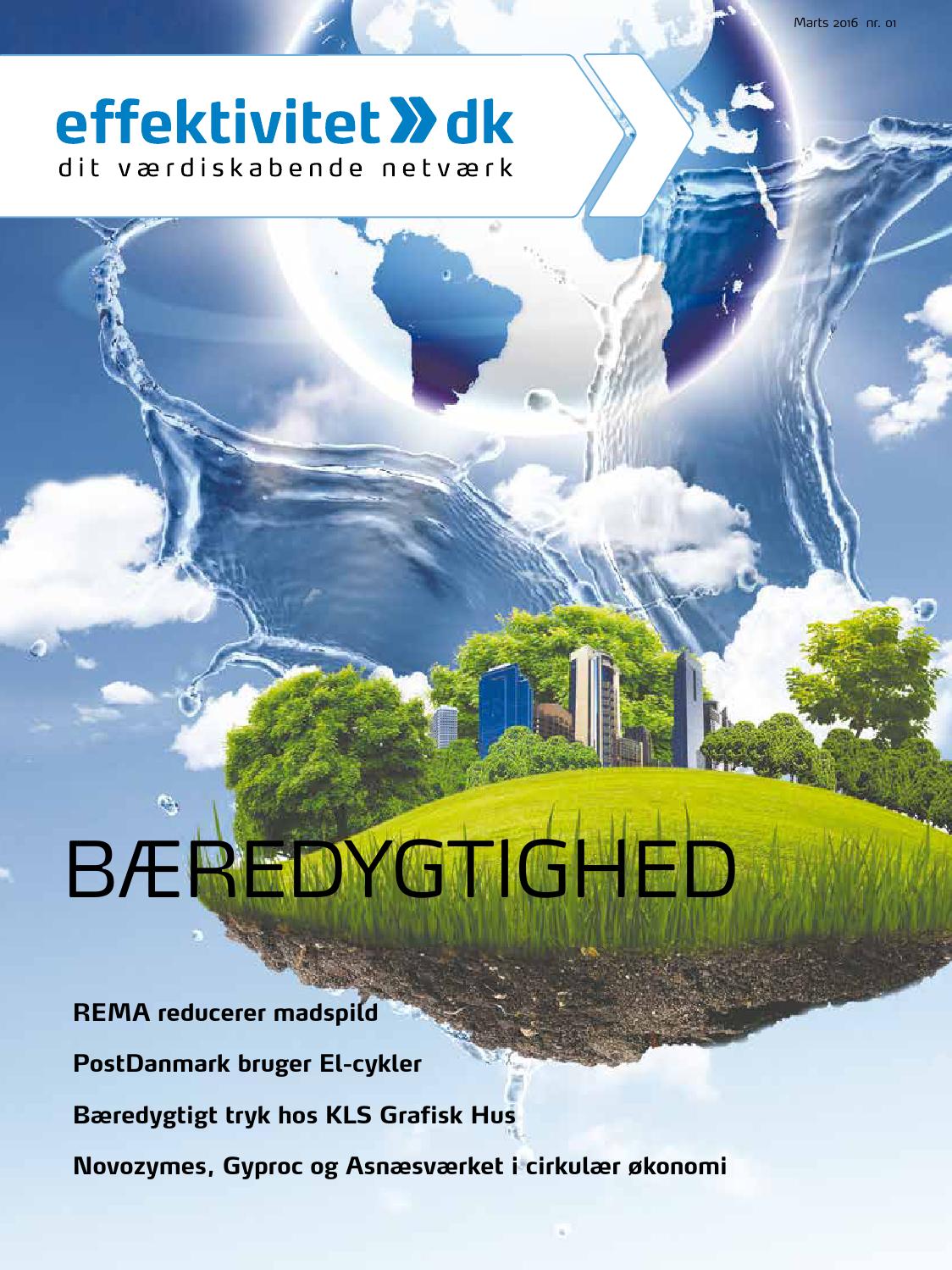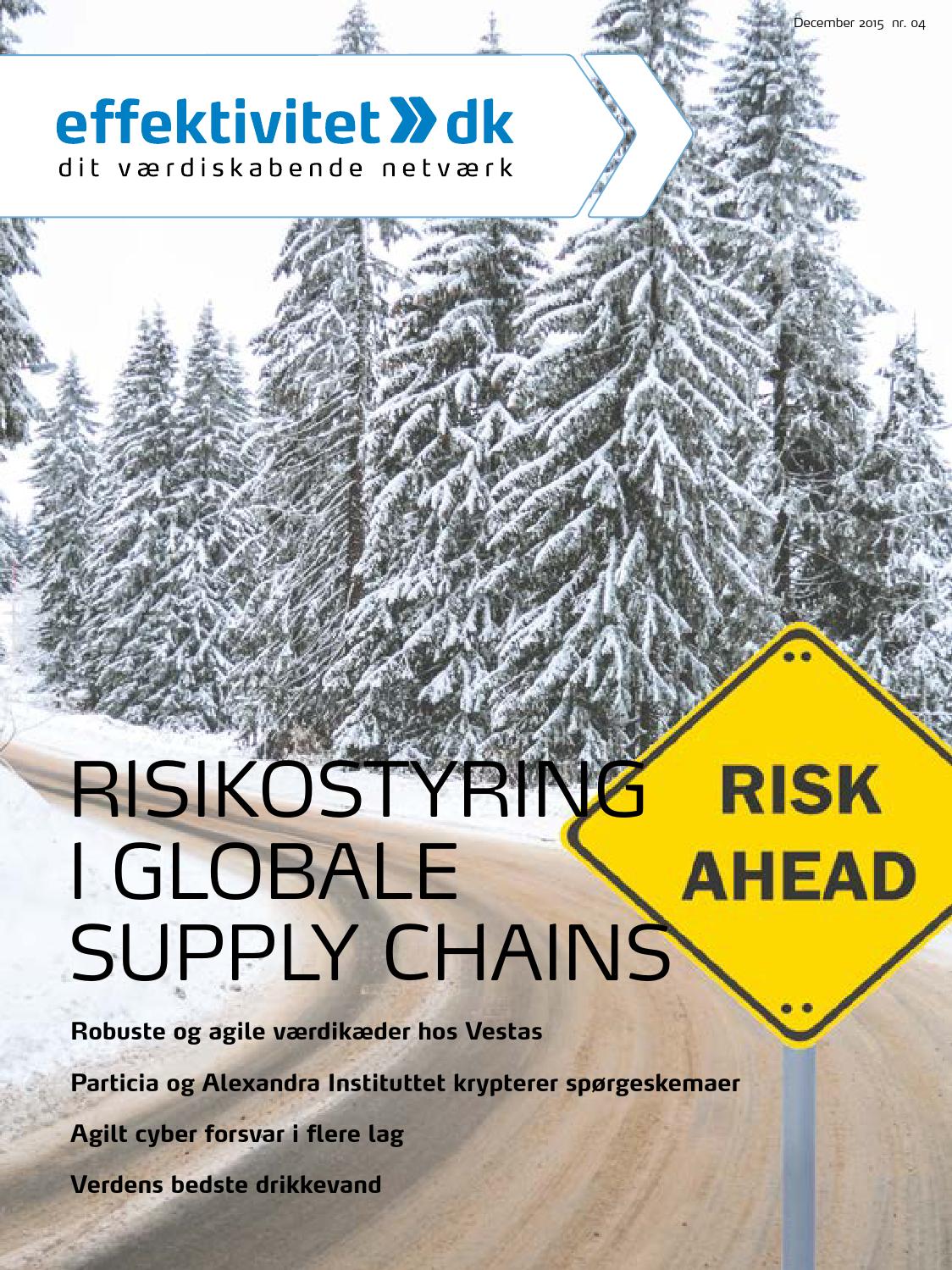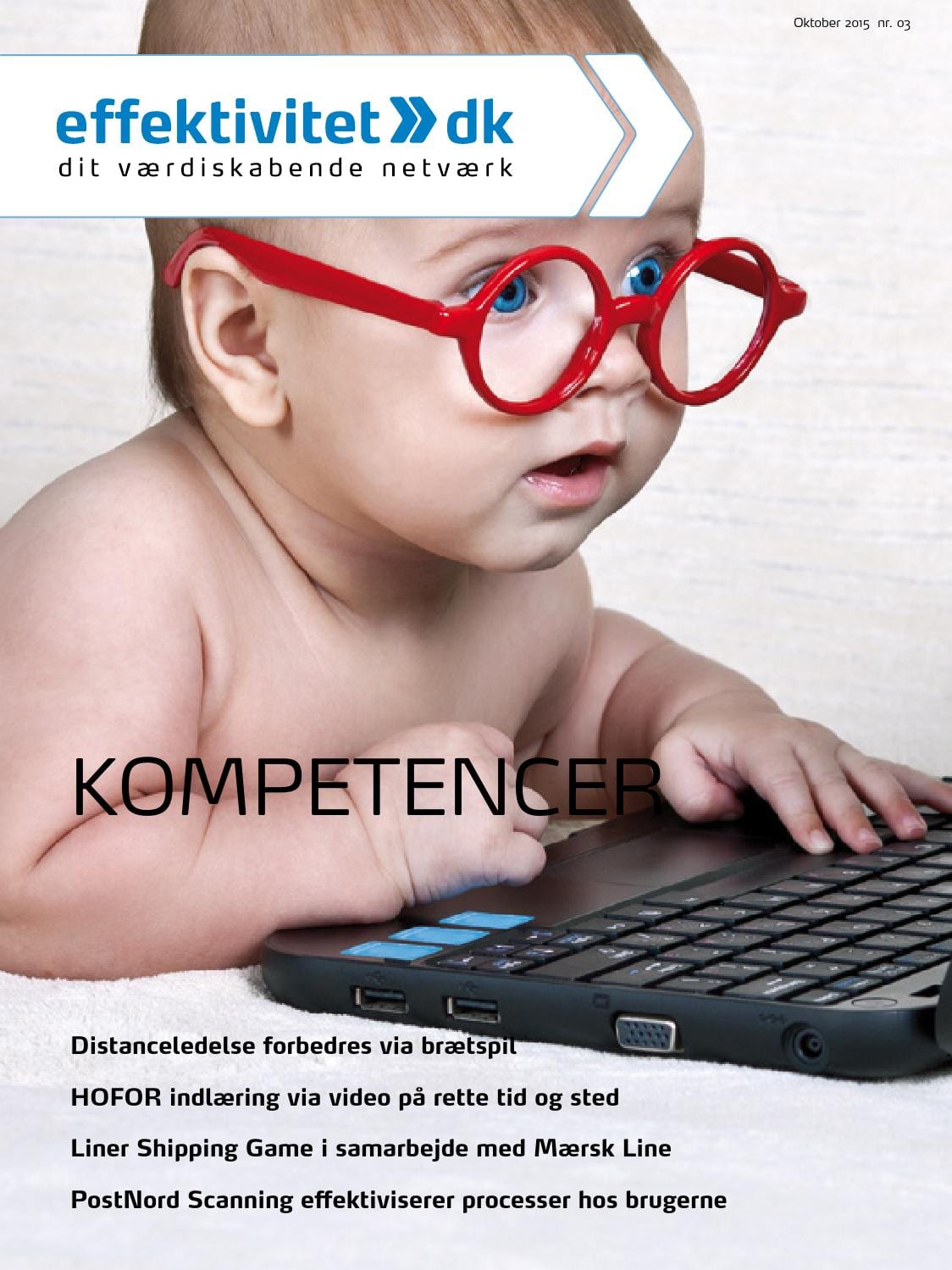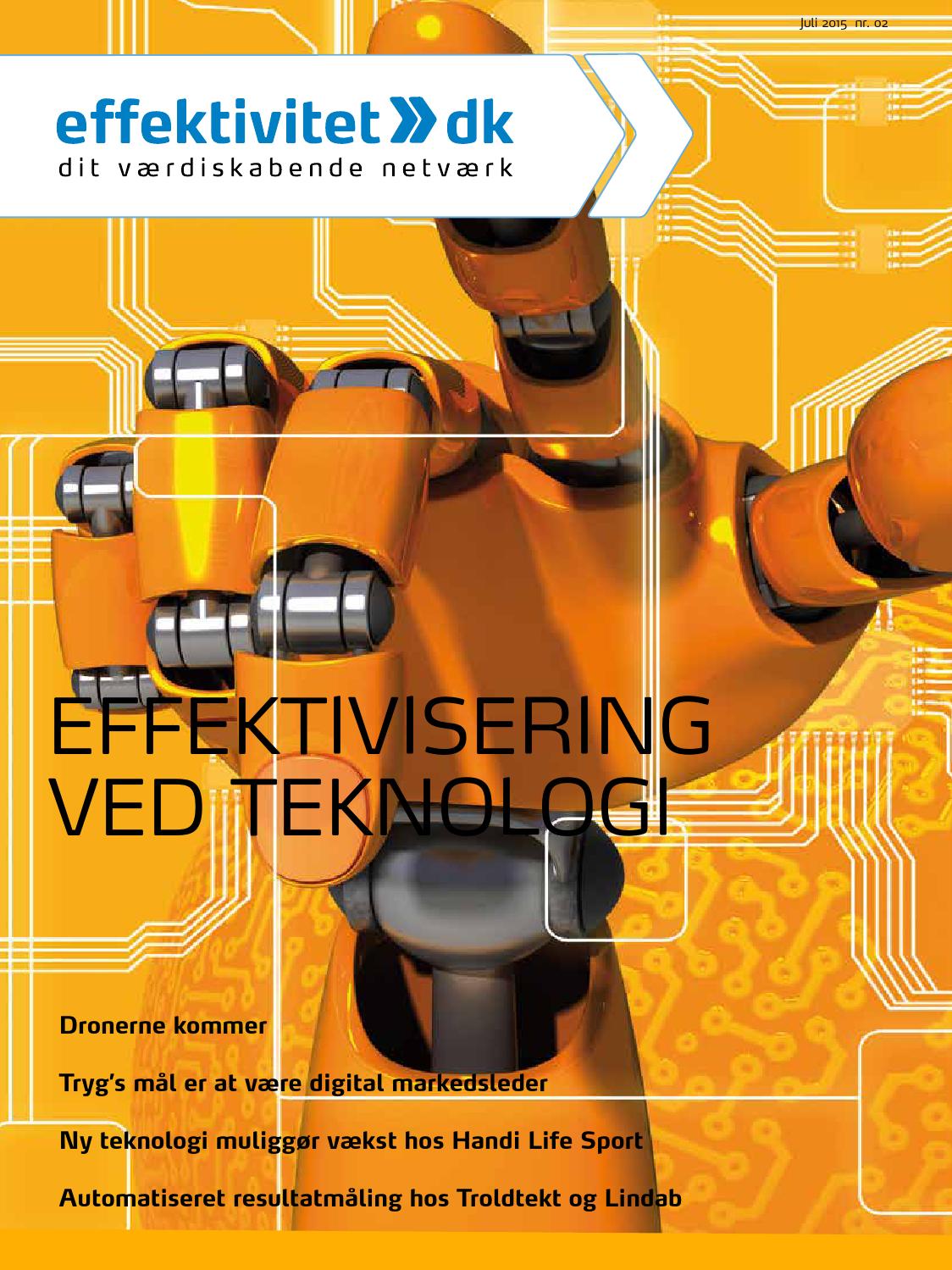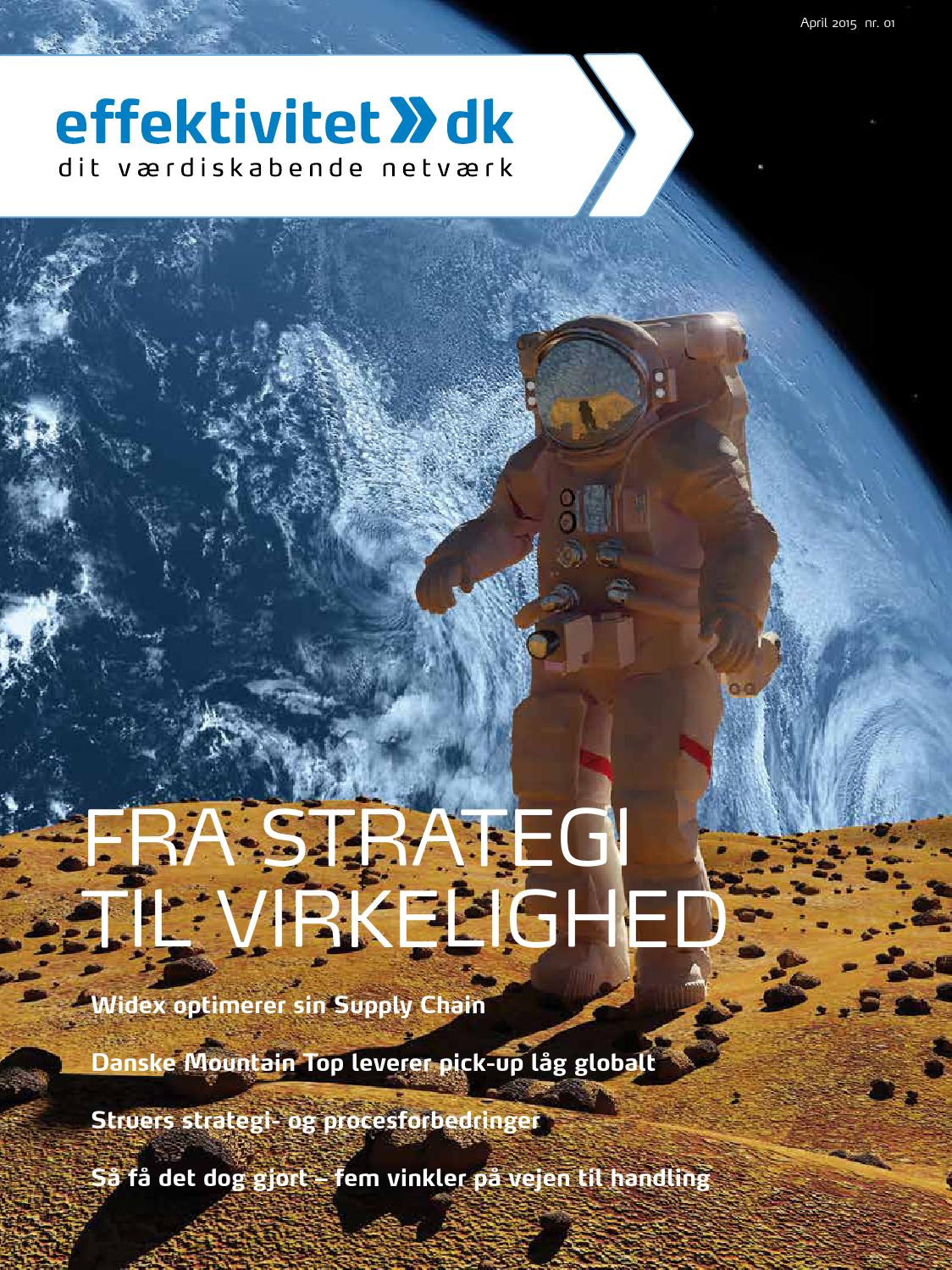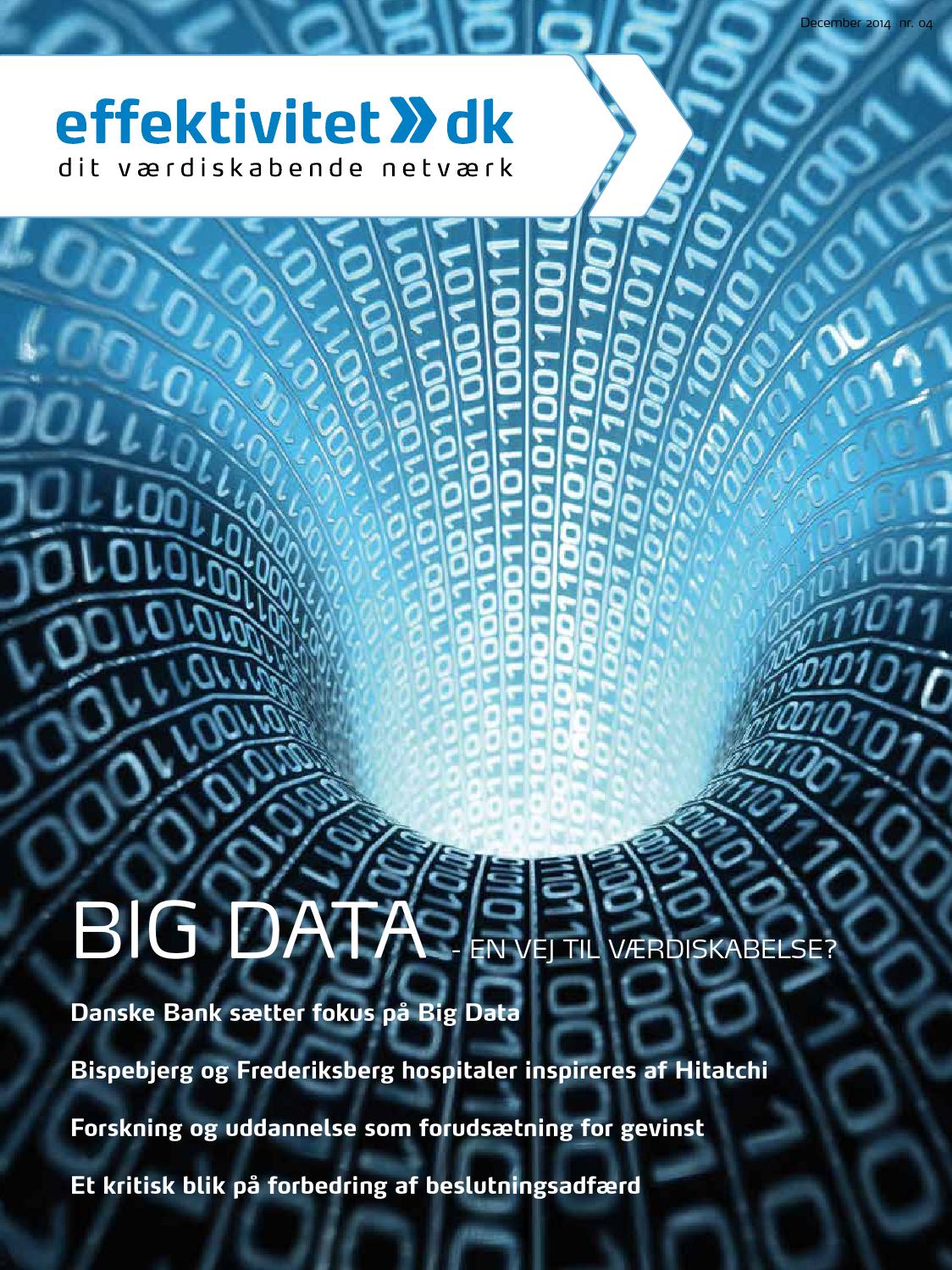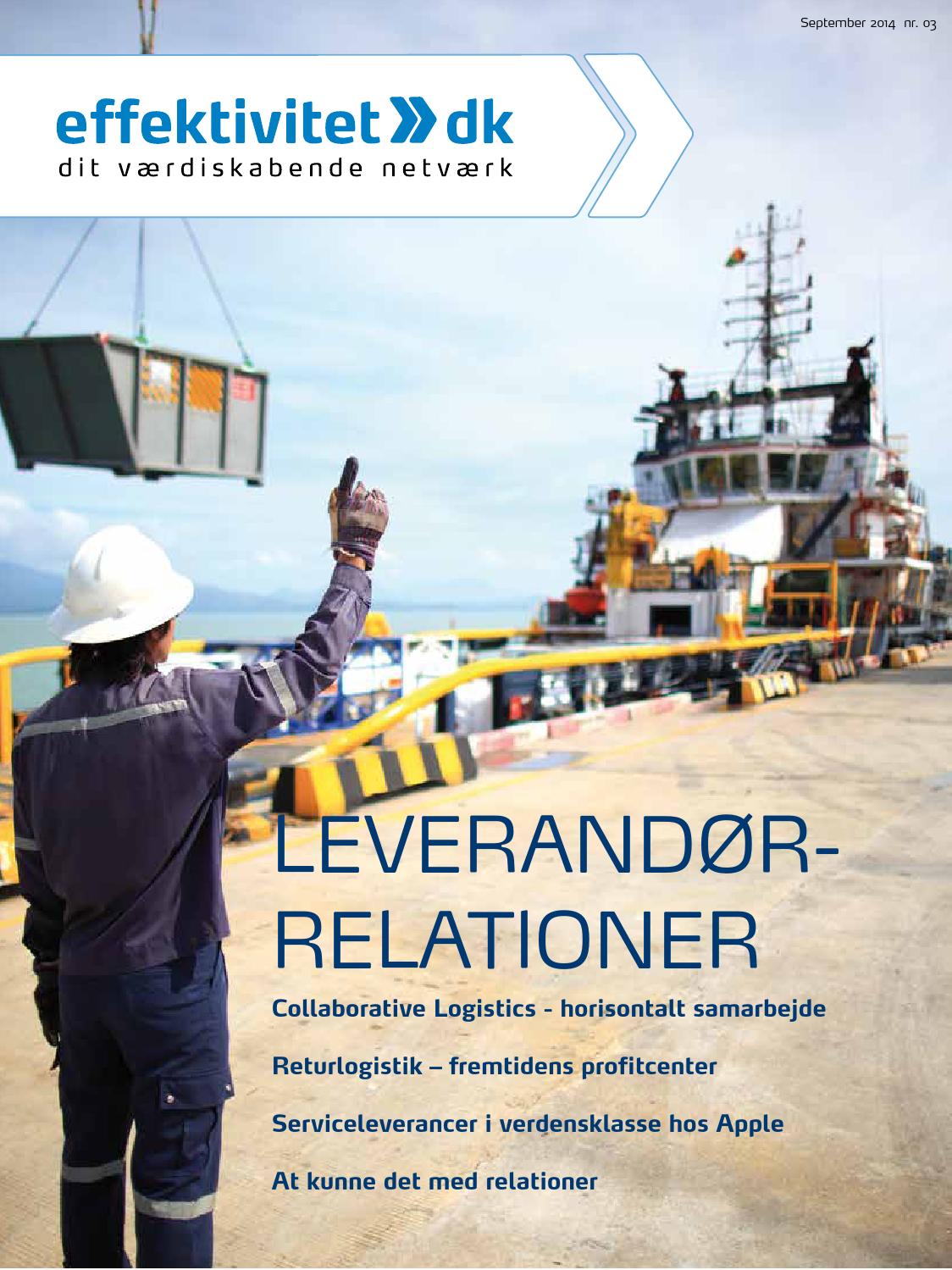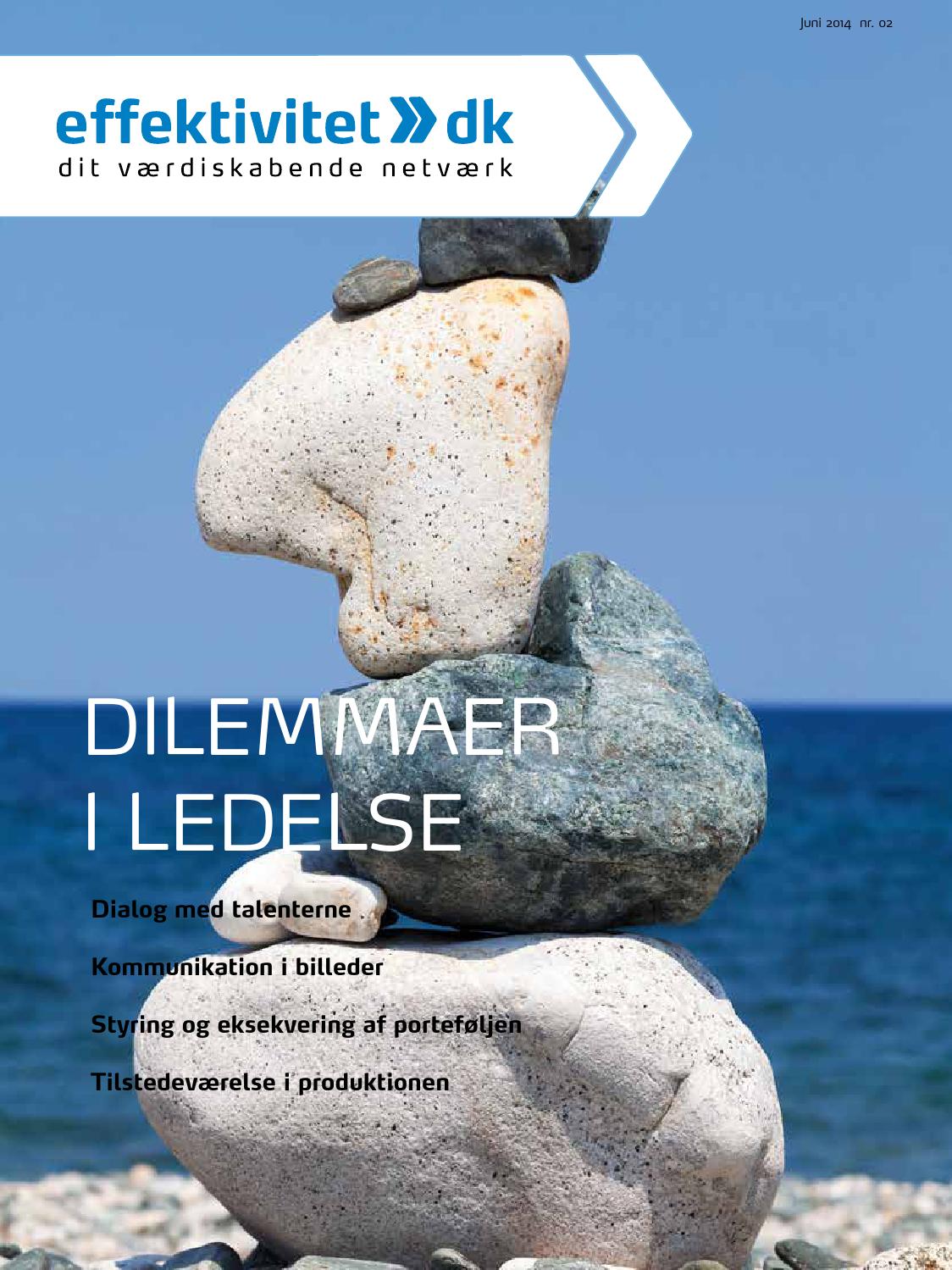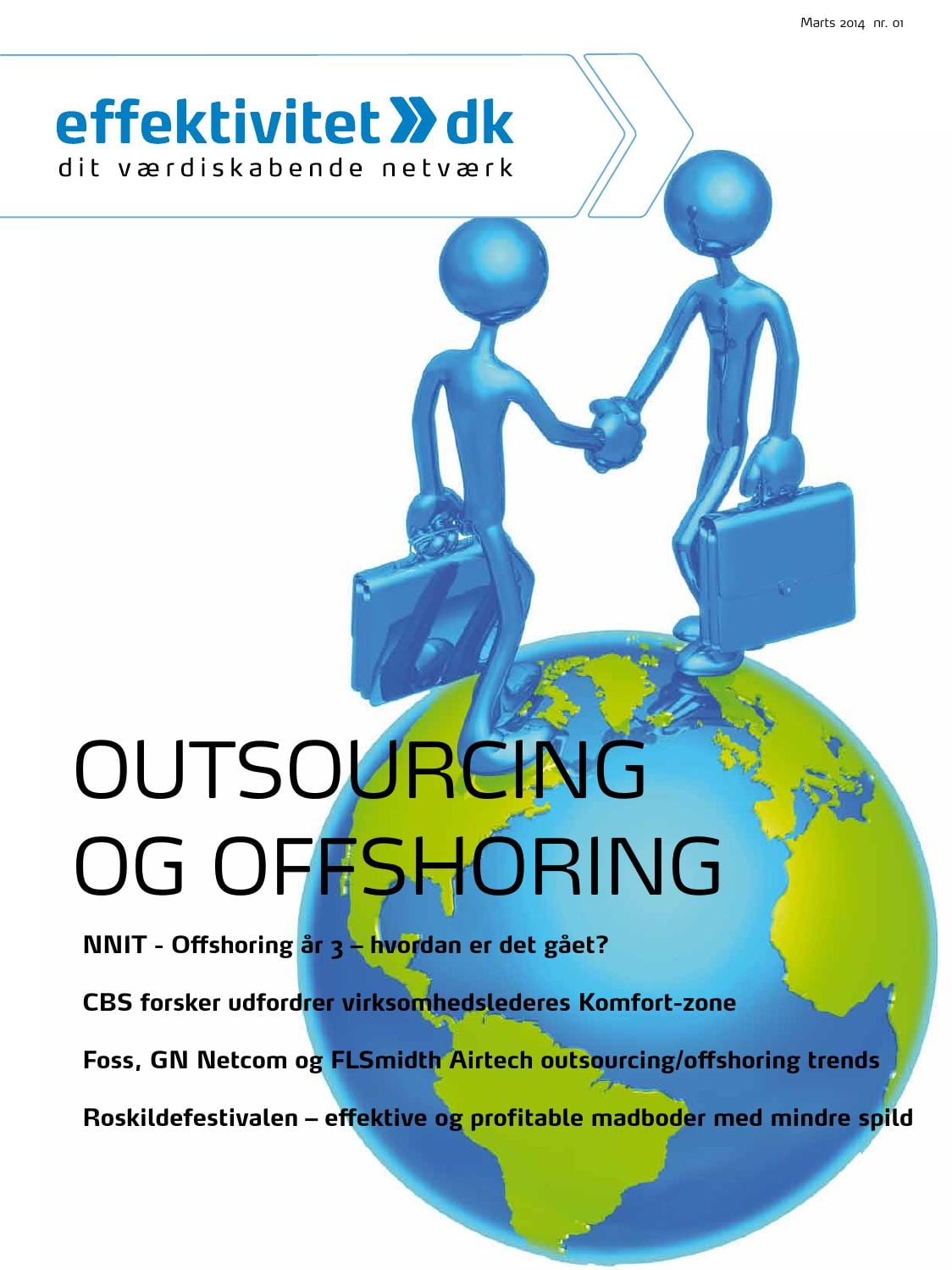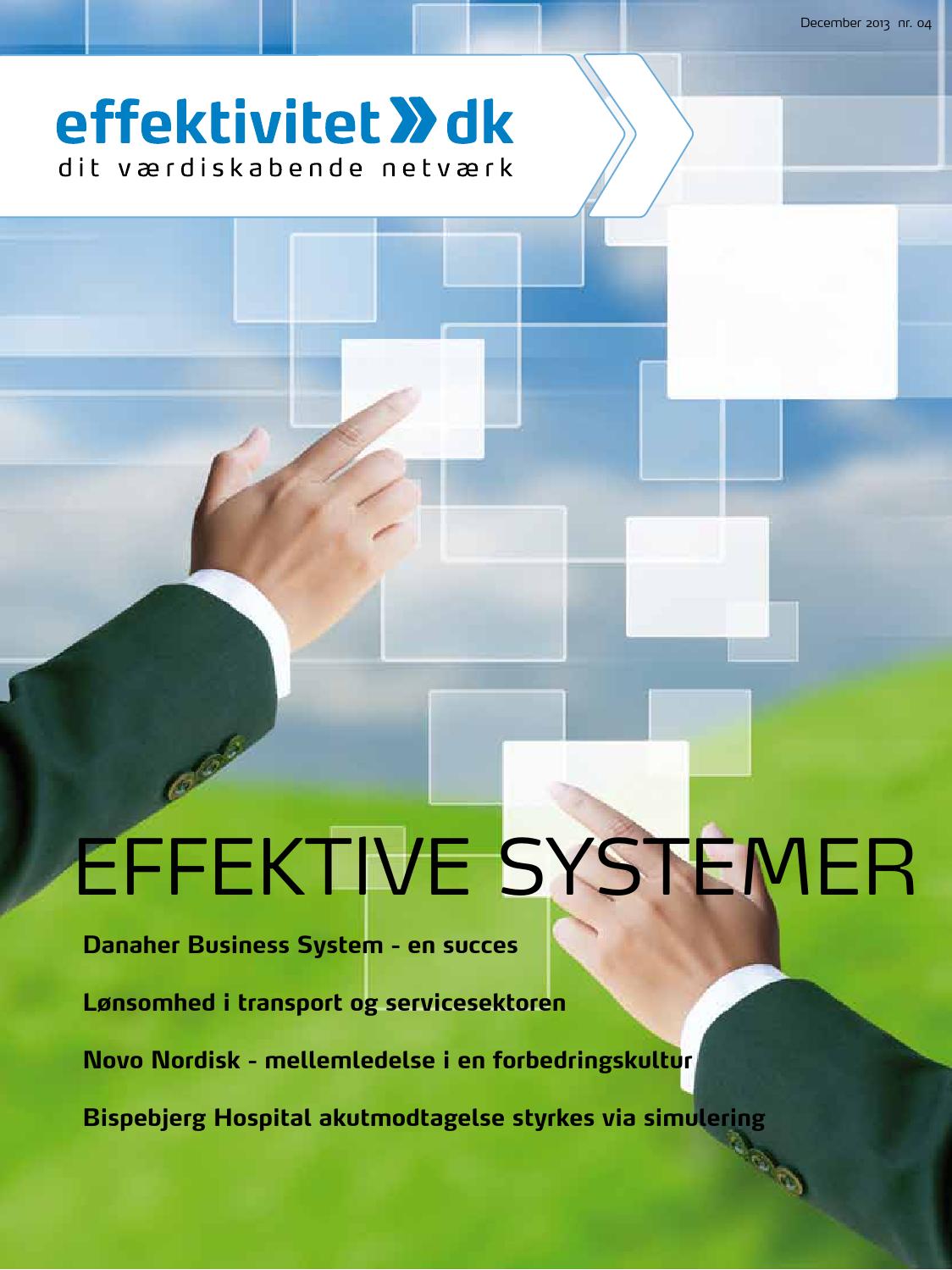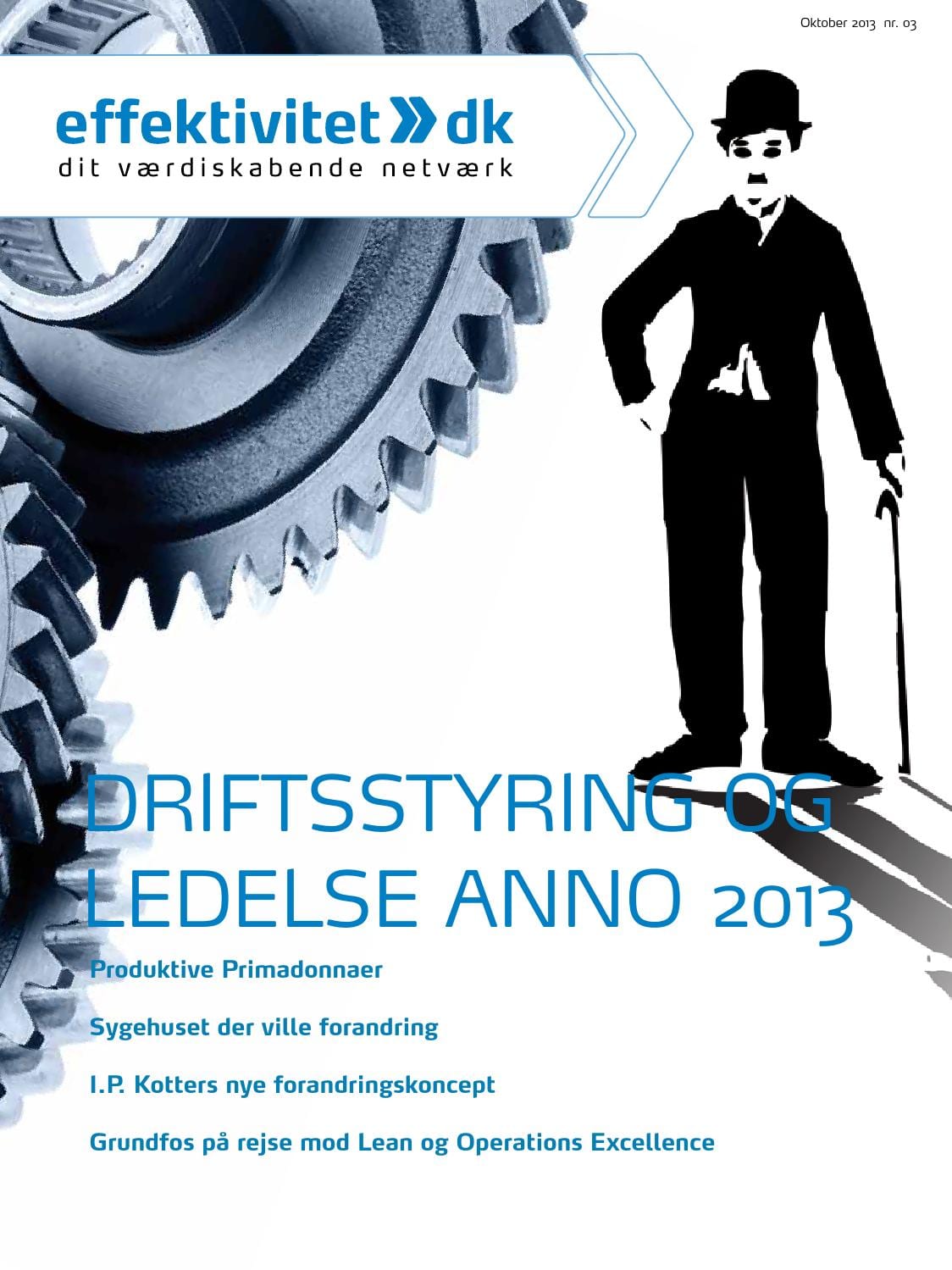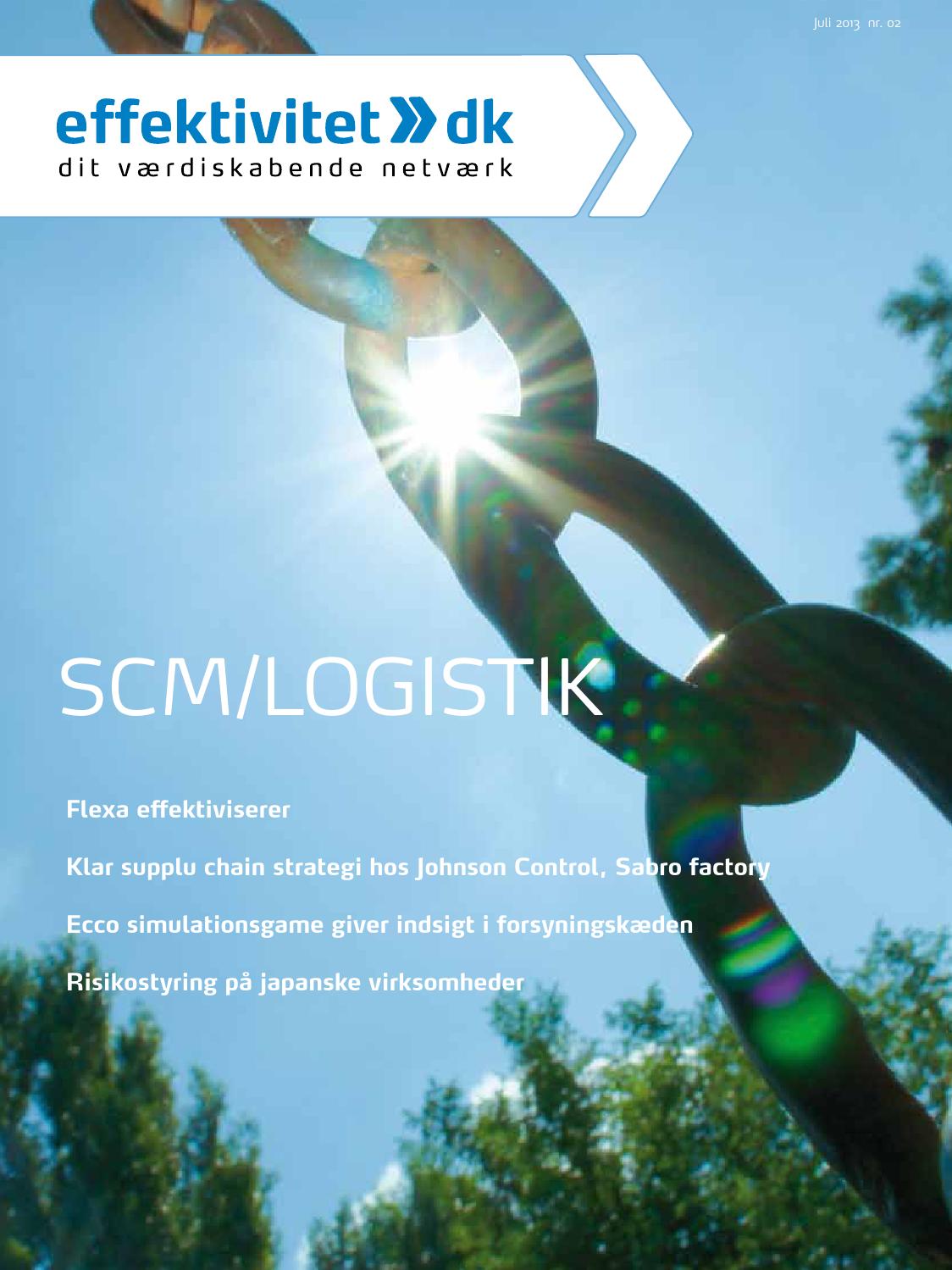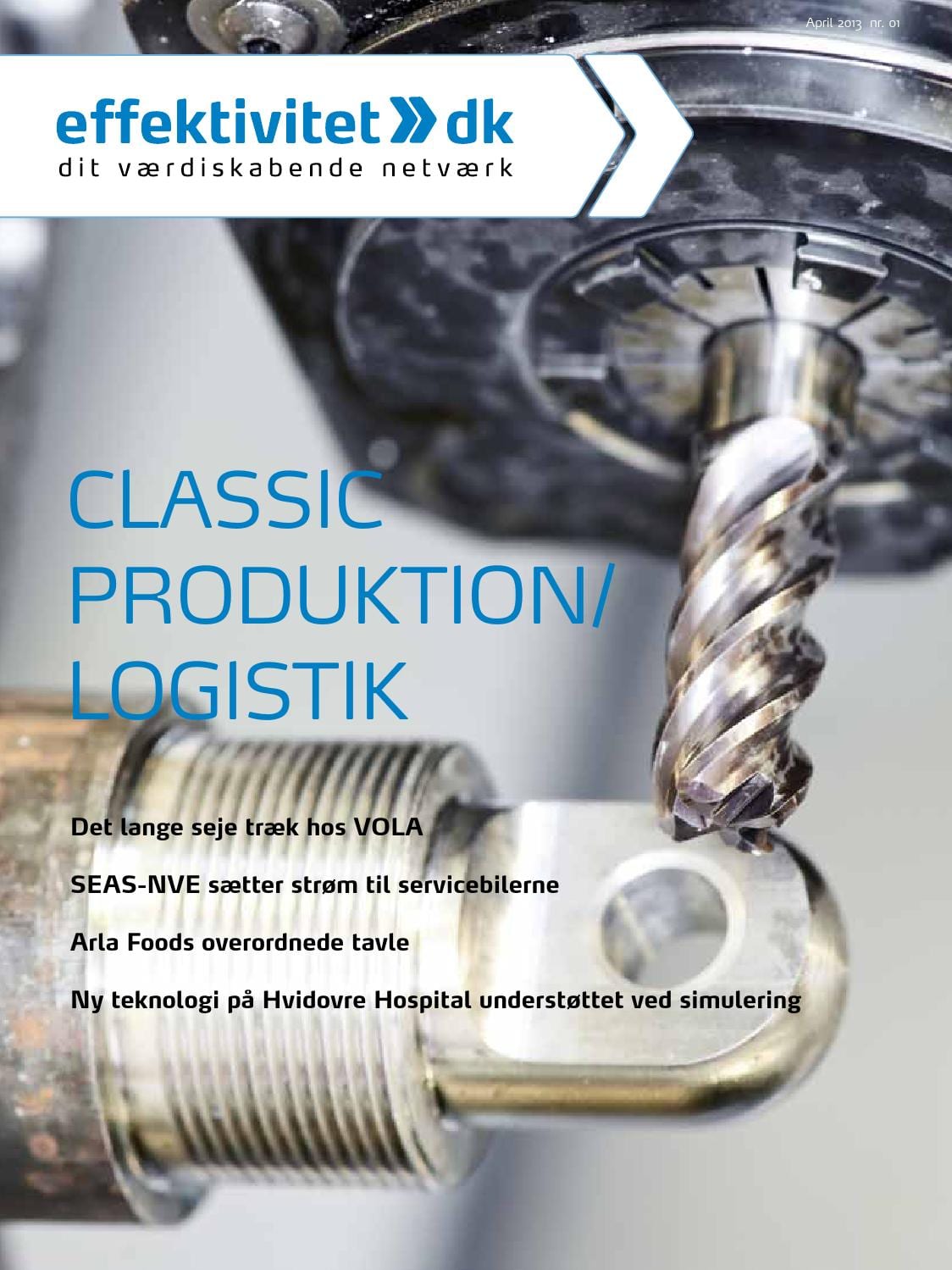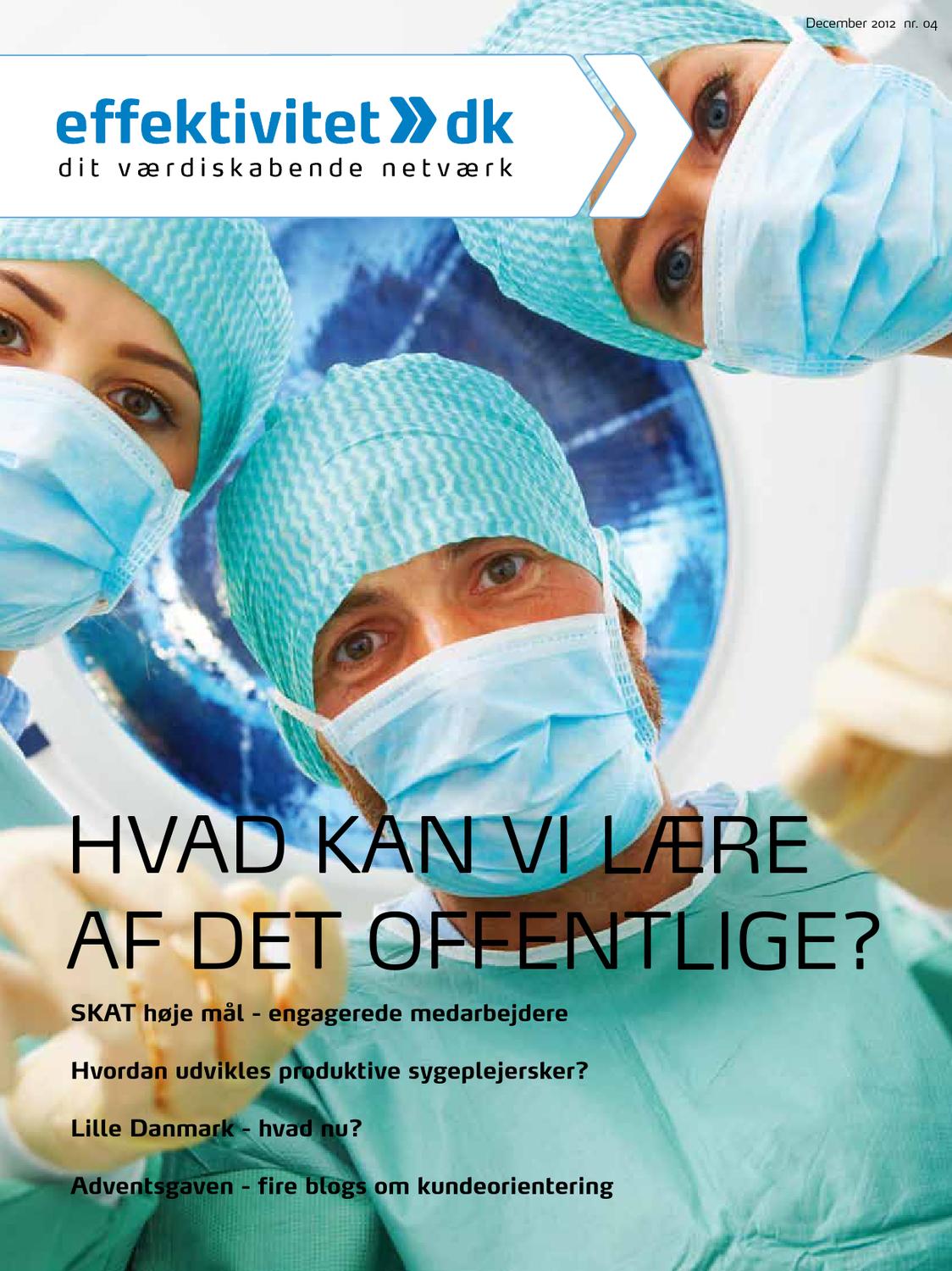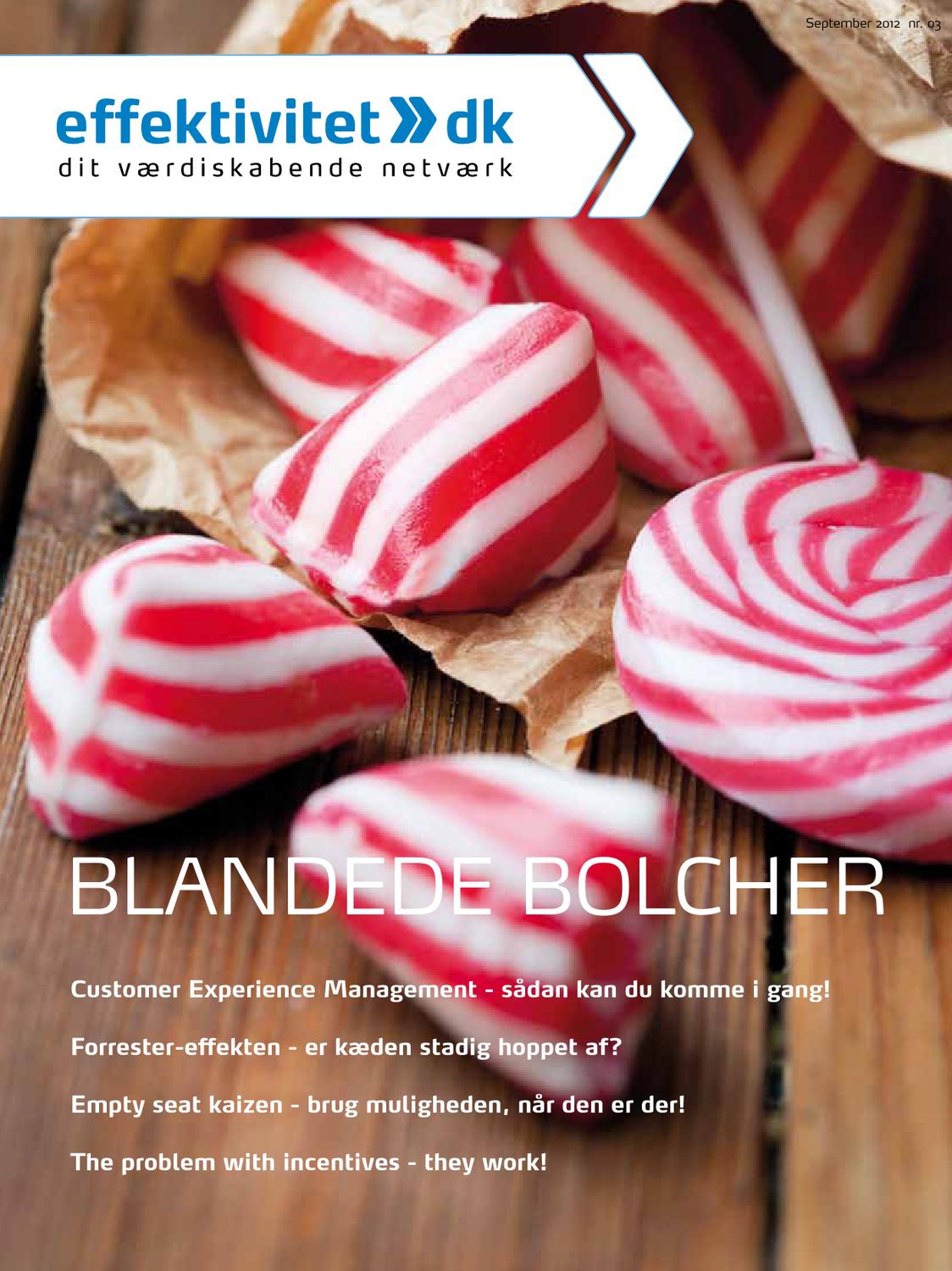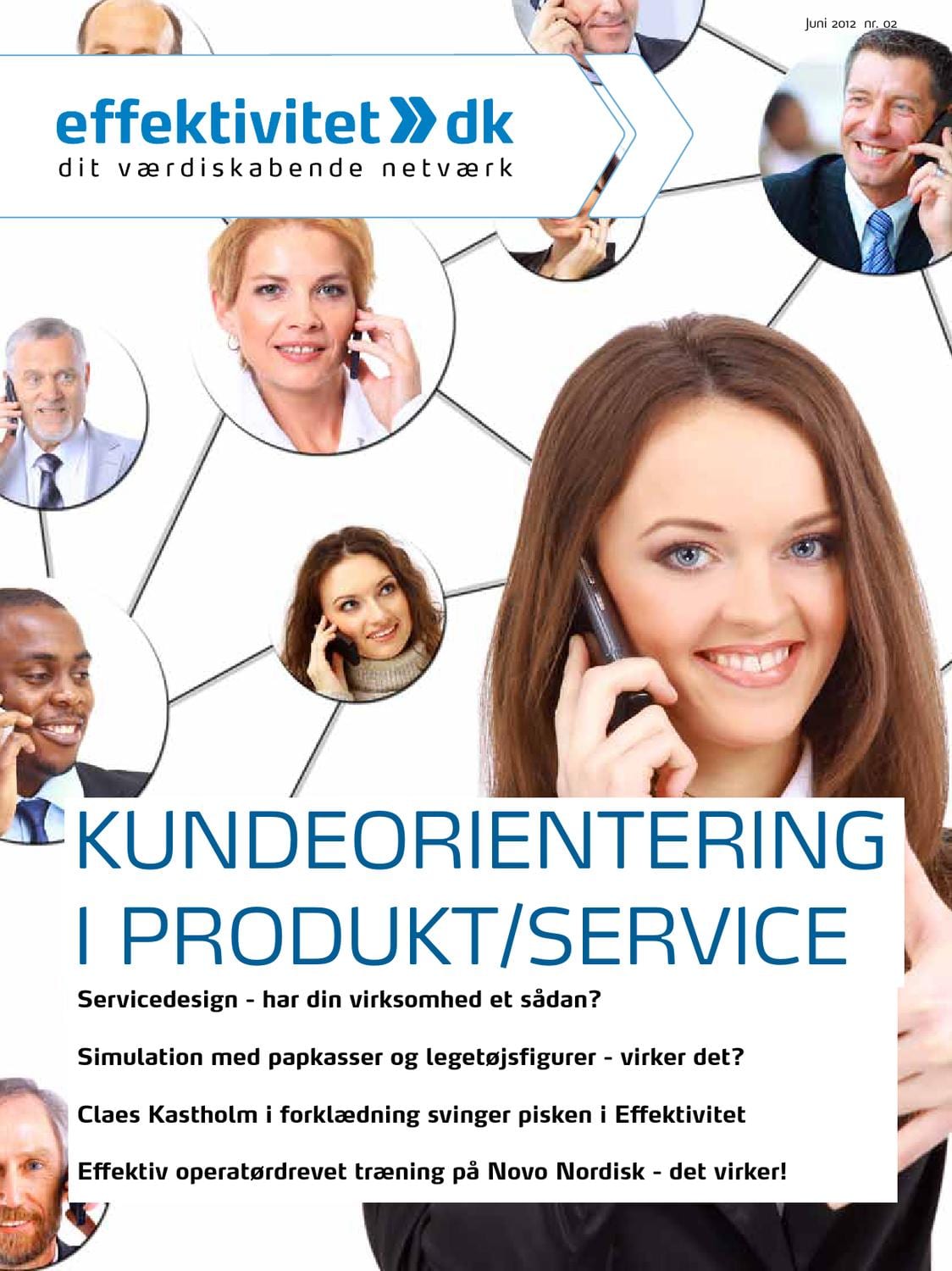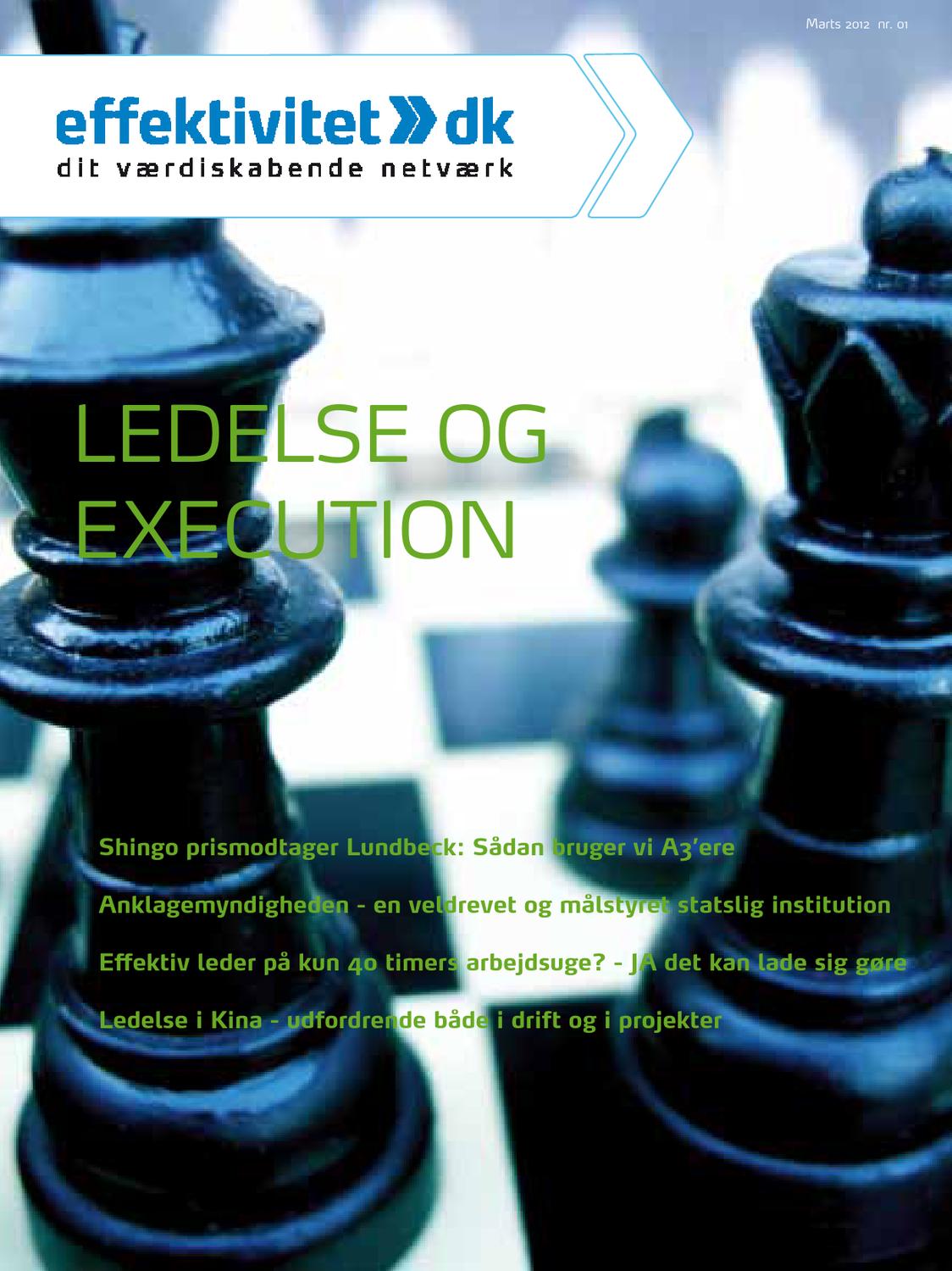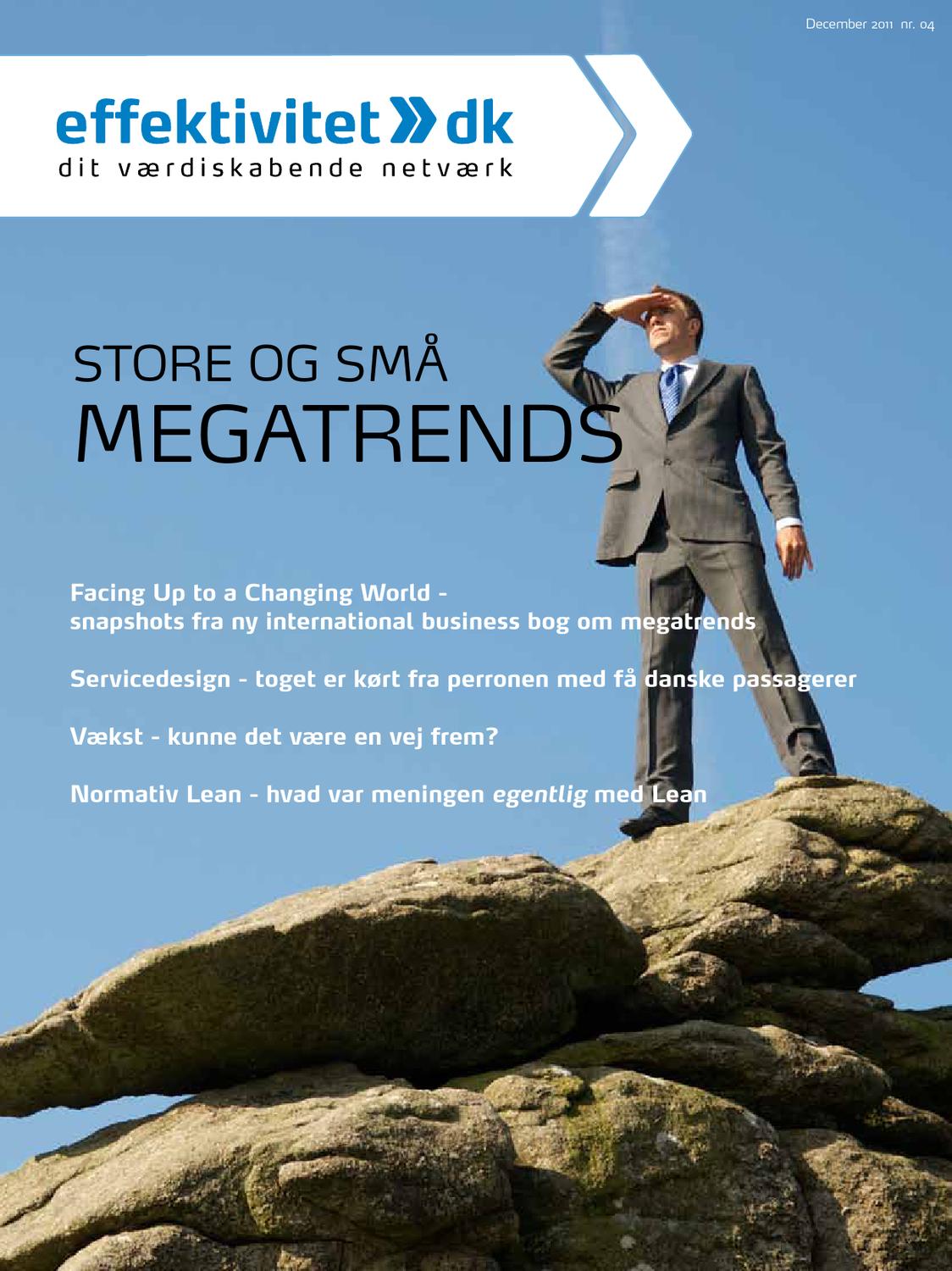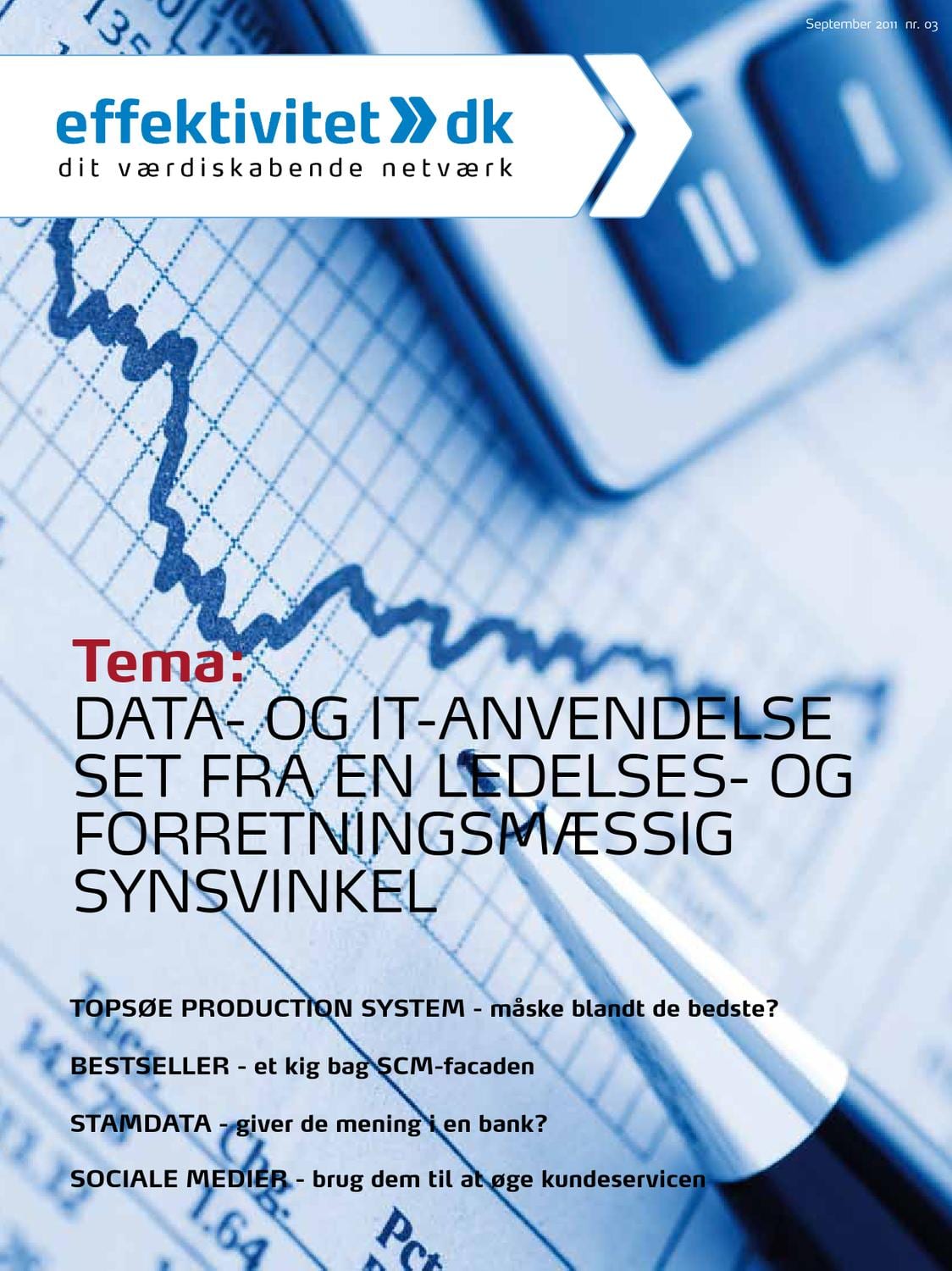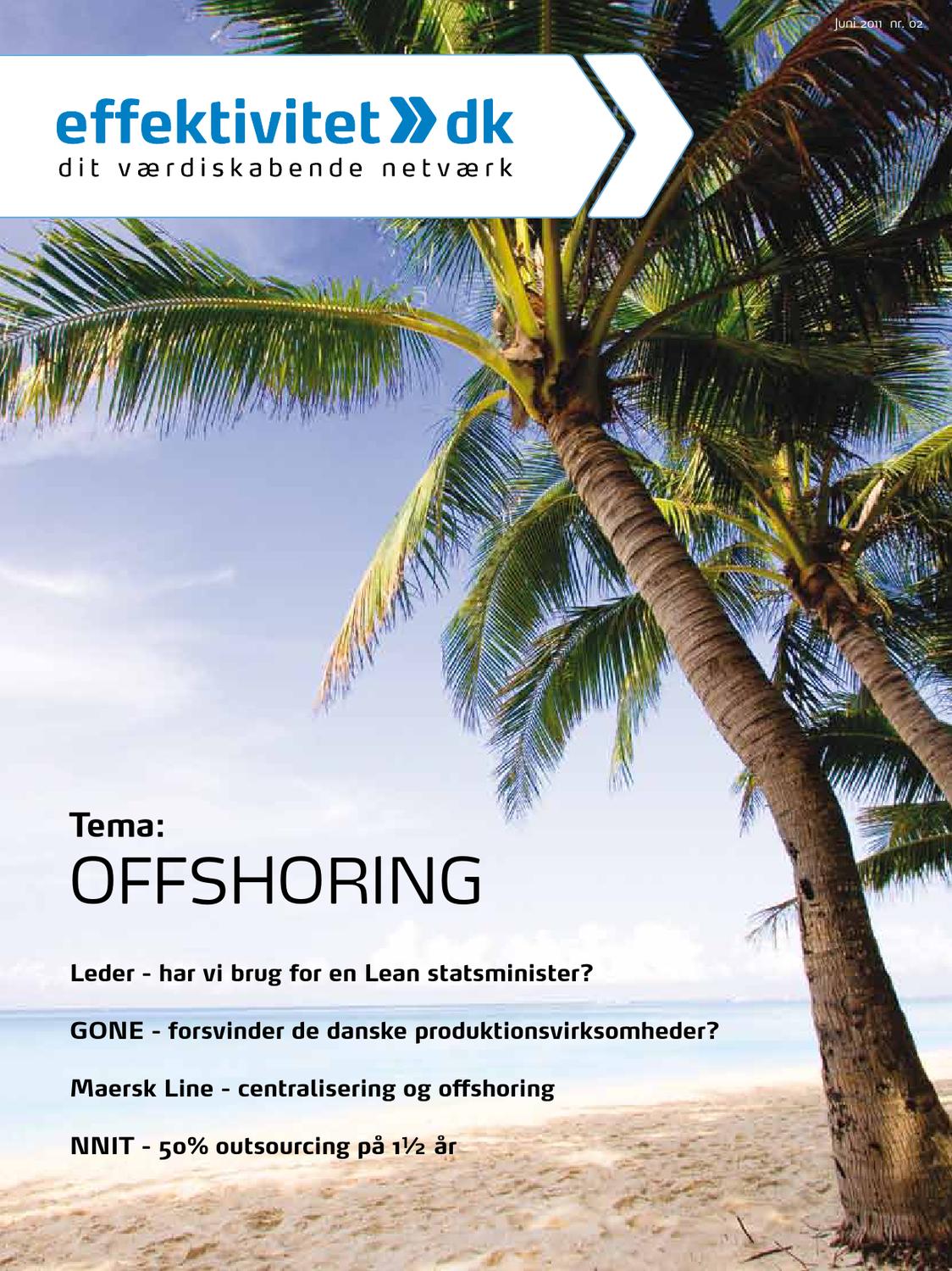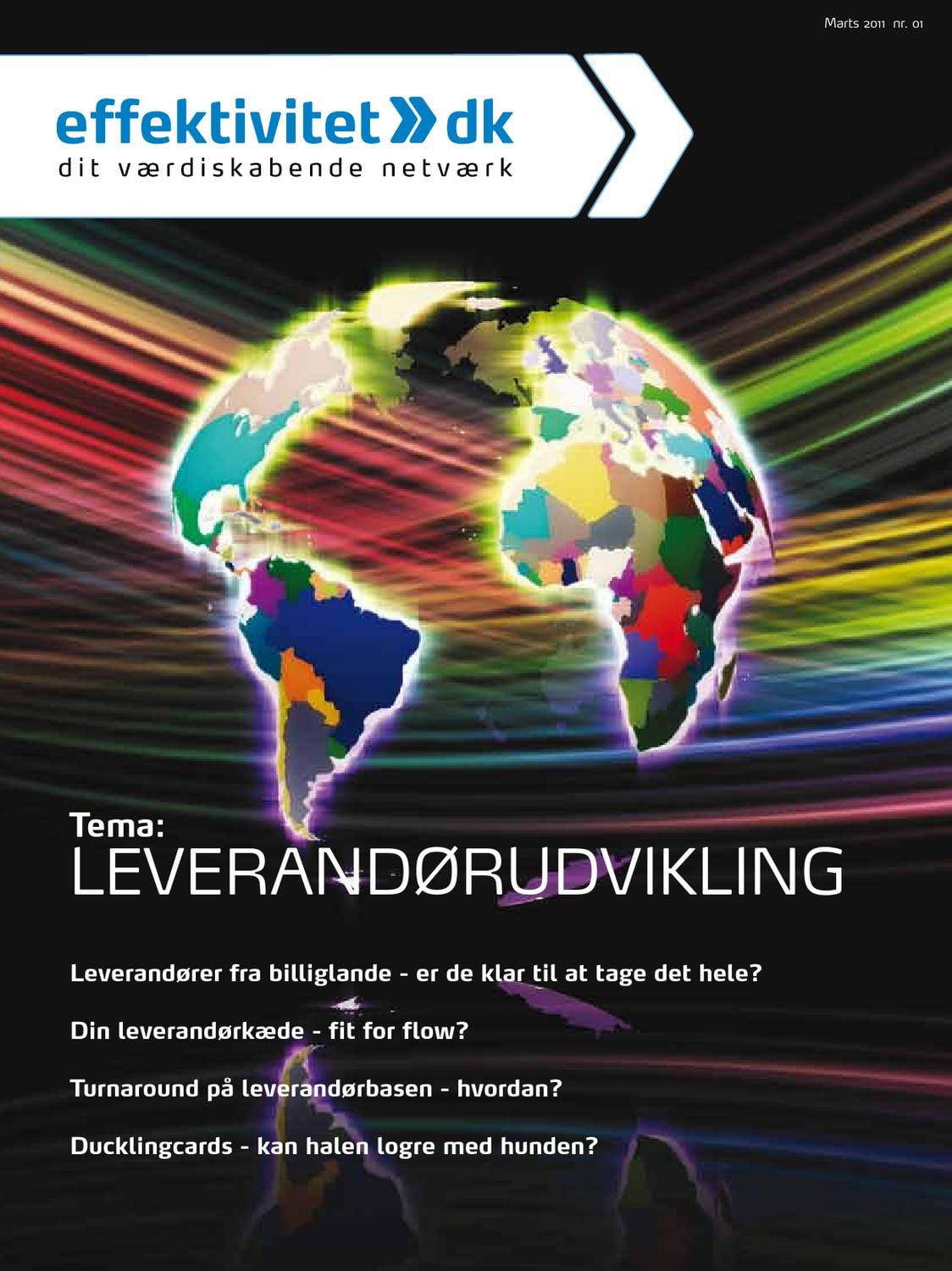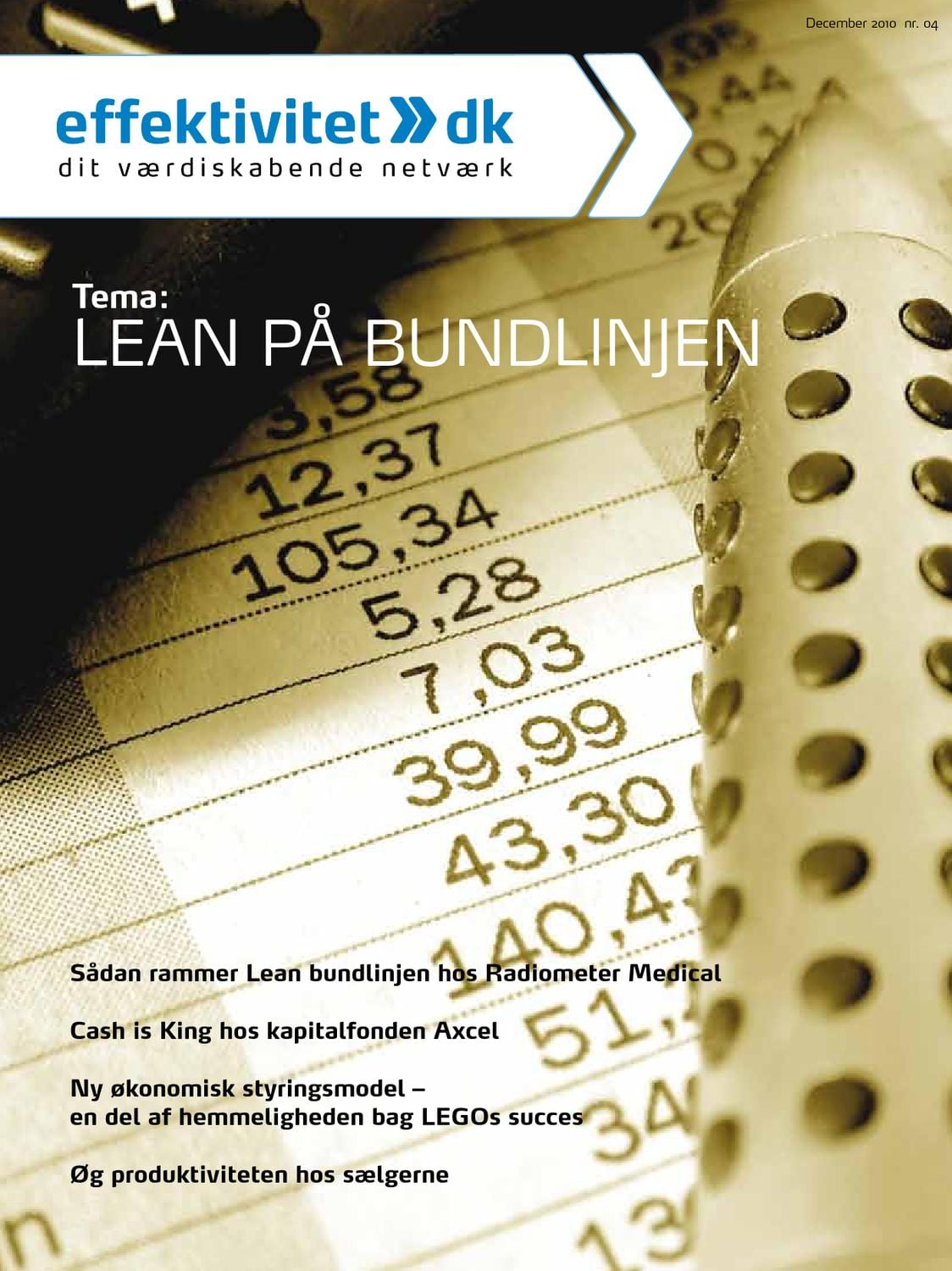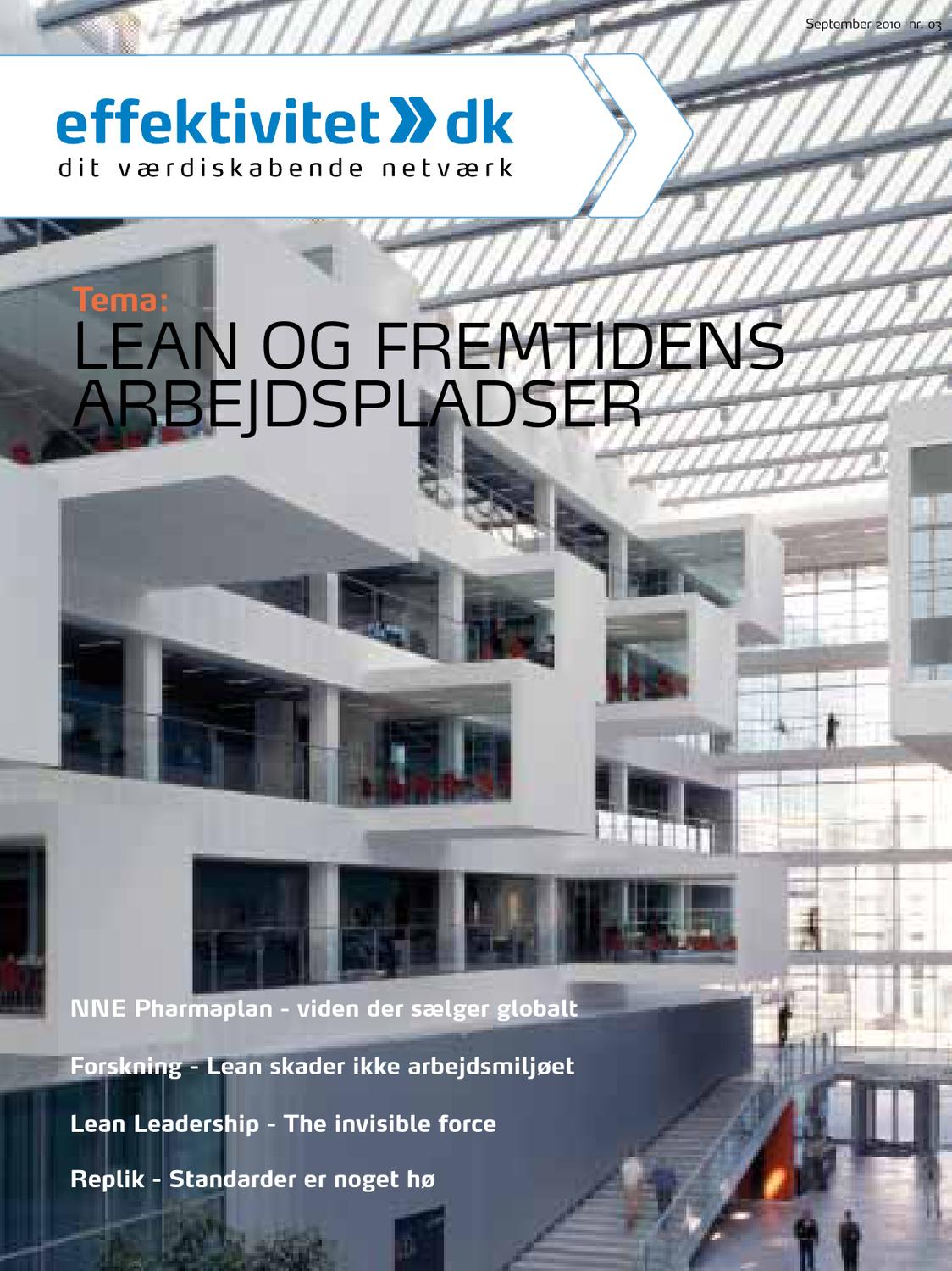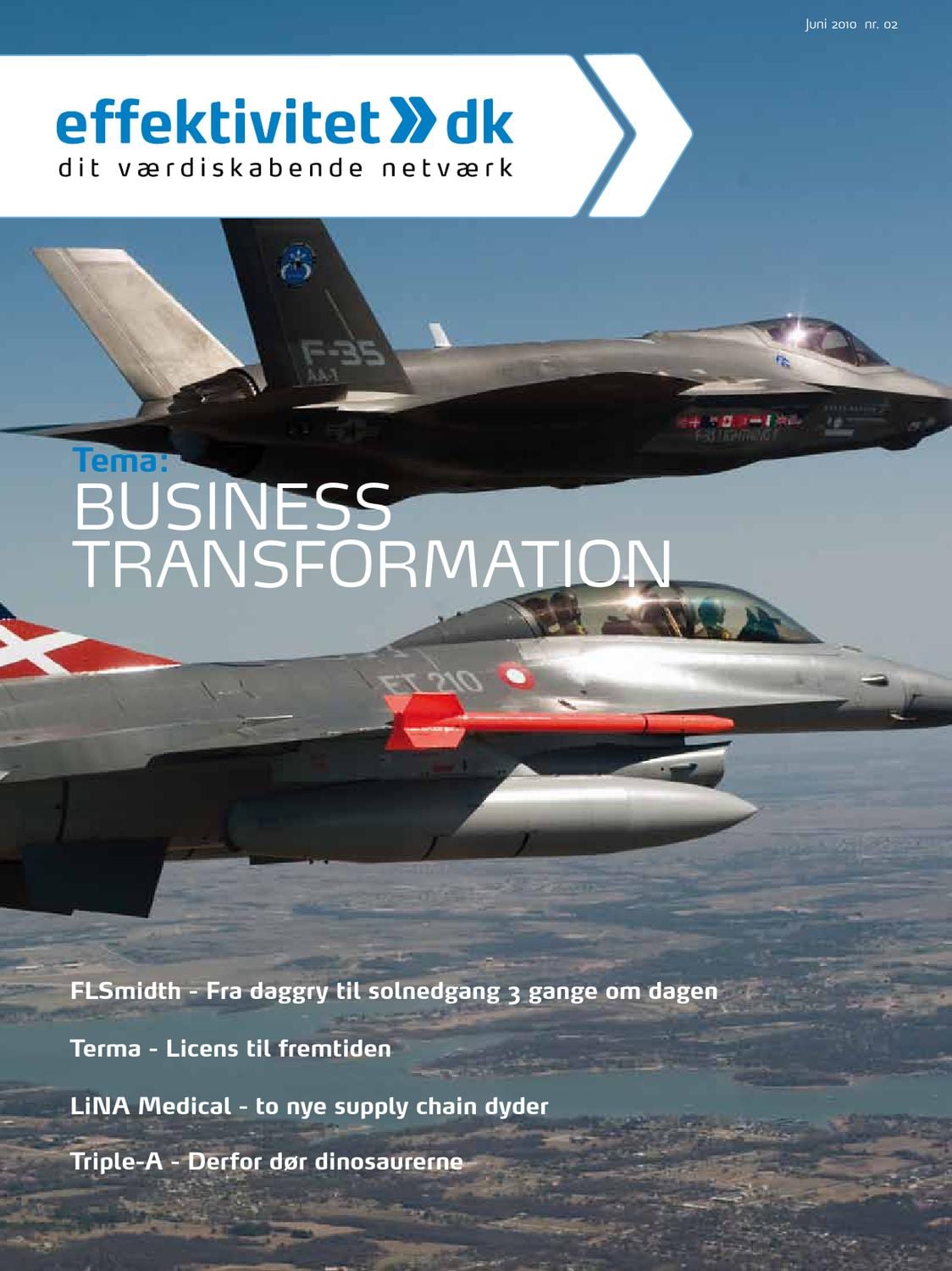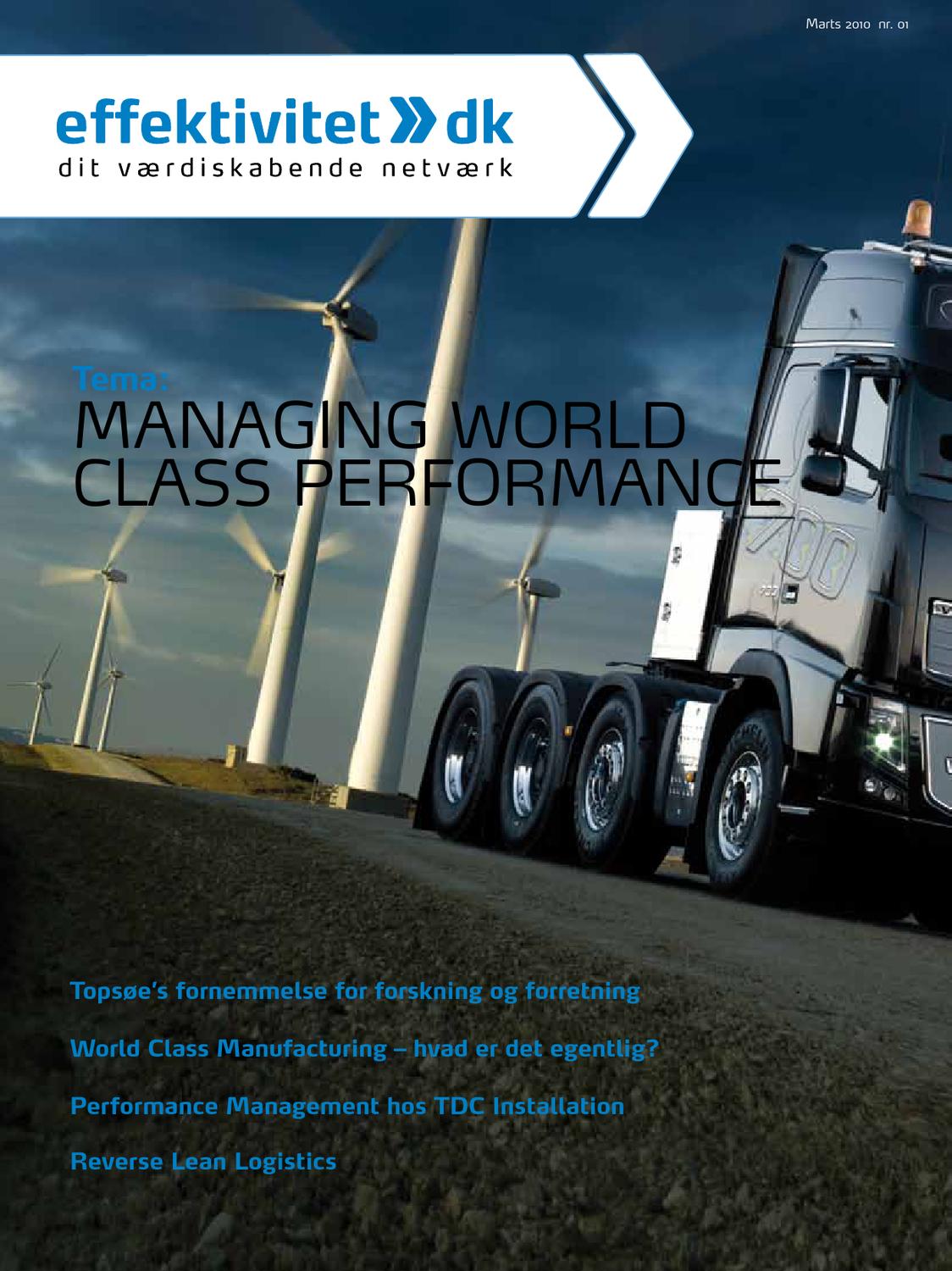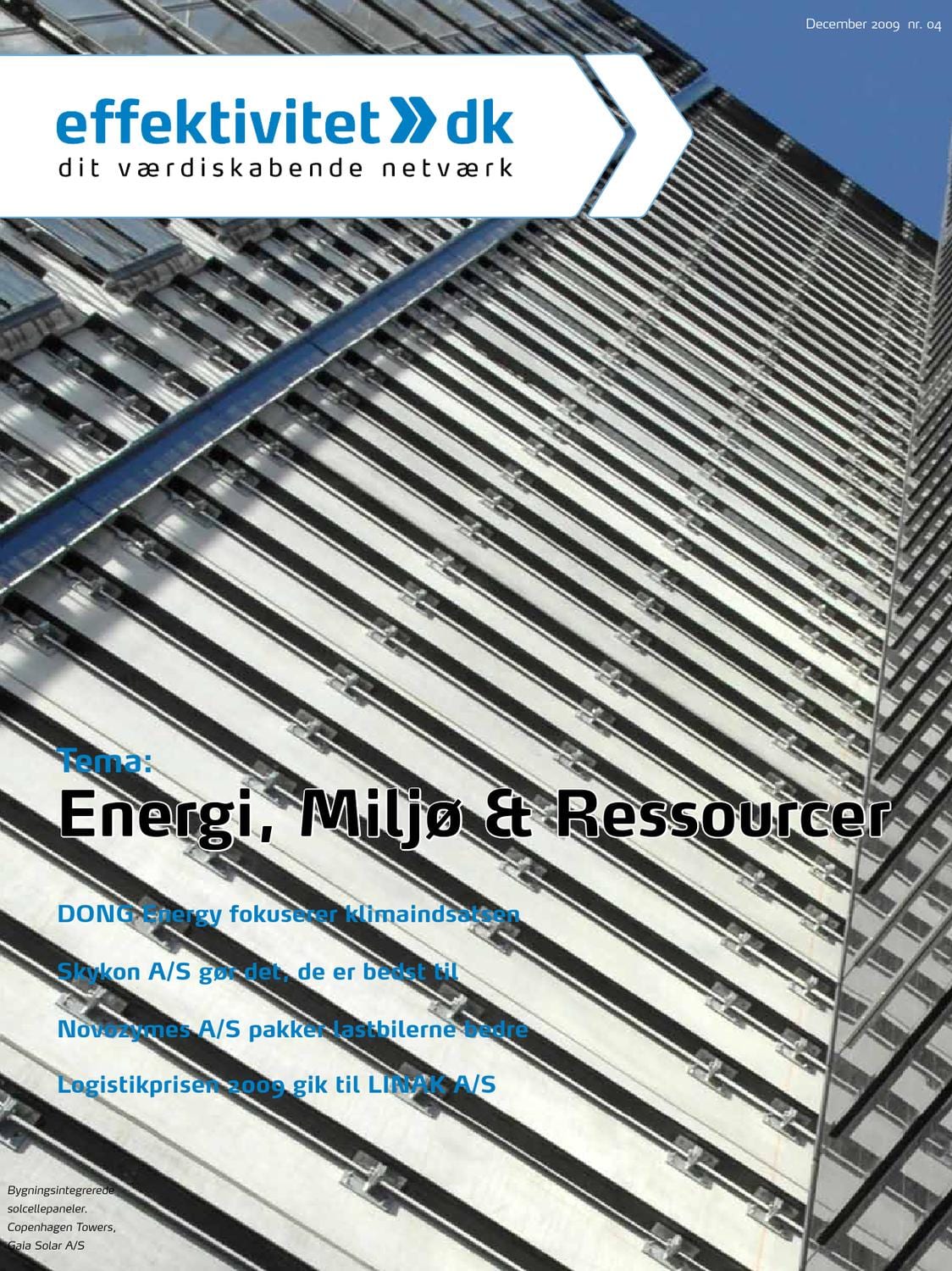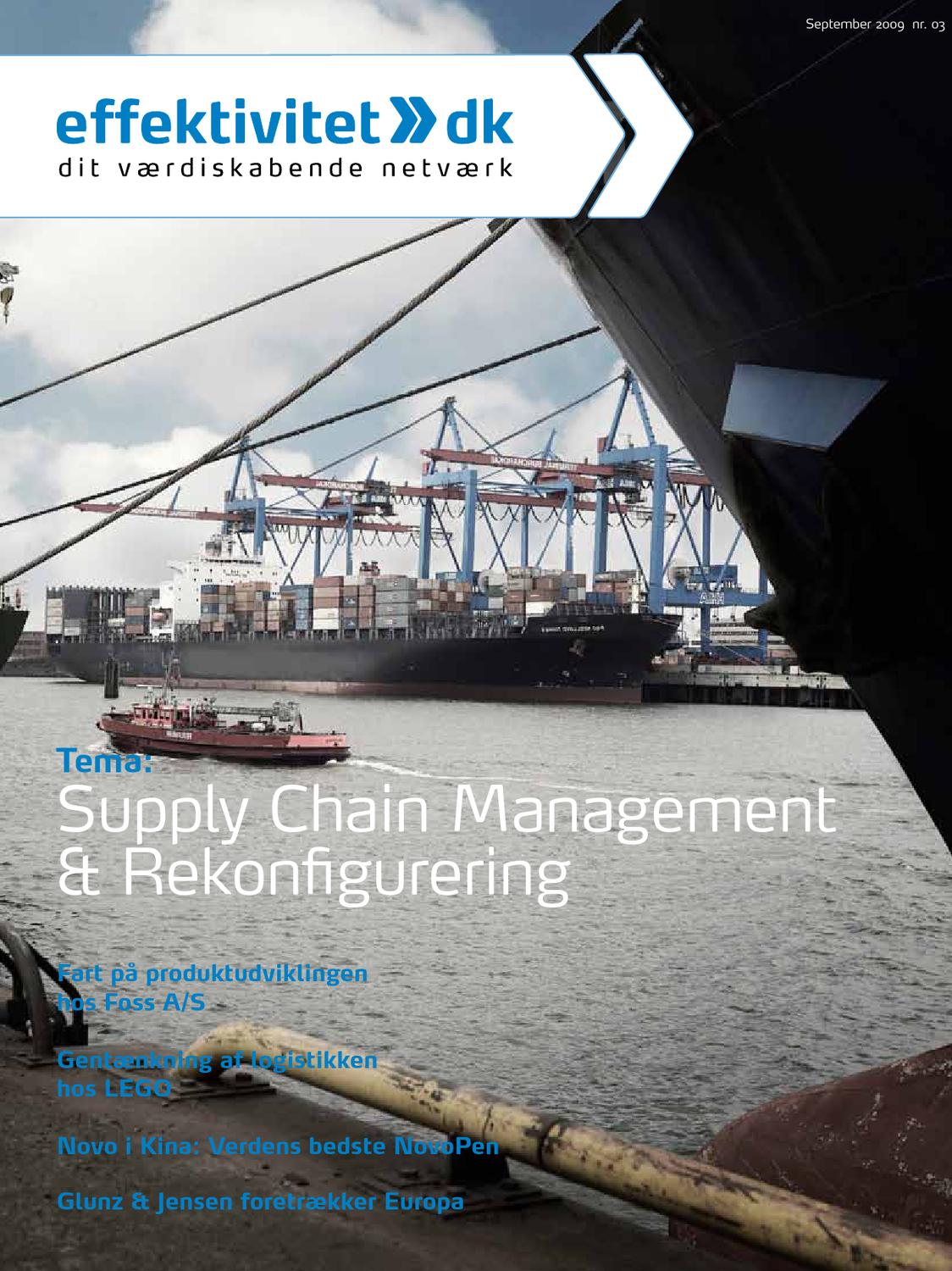At this same event the best friend of the SCM class is honored as Best Buddy 2017. But first the students and the new graduates will experience a series of exciting presentations at the summit here at Copenhagen Business School August 24 – 2017. And you just can not help feeling good in this international atmosphere. Not only because the summit is going on in the beautiful Dalgas Have with the water, the fountain and all the white walls designed by the famous Danish Henning Larsen Architects. Here are highly motivated Chinese, Canadians and many other nationalities. Here is a mix of old and new students, new graduates, wise professors and skilled business people. This is going to be a great afternoon.
Professor Britta Gammelgaard from the Department of Operations Management at CBS is the energetic host of the Summit. Her main research interest is Supply Chain Management & Logistics and she is a board member of effektivitet.dk. And I am sure that Britta enjoys the interest among the students of the Effektivitet magazines I brought with me to the summit. But the Danes probably get the most out of reading it. This article has been written in English precisely to accommodate international SCM students at CBS.
Megatrends the importance of strong network – and some good advice when entering large companies
Britta has carefully composed a program before the presentations of the three theses and the award ceremony. The program has three topics:
- Supply Chain Megatrends – presented by Jacob Hartzberg, Implement Consulting,
- A Study of Domination: The Rise and Fall of the Electric Vehicle – presented by Claus Varnes, Associate Professor, CBS
- Value creation in a global supply chain in the energy industry – presented by Niels Petter Hansen, Director of SCM, Siemens A/S, Norway
Jacob Hartzberg from Implement Consulting points out three megatrends: The cost of renewable energy will beat oil, availability will beat ownership and there is no bypassing wave of digitalization. All three megatrends have a huge impact of the development of Supply Chains.
A major problem with oil is that prices over time varies a lot and prices of renewable energy get more and more competitive. Although oil prices today are relatively low the prices of renewable energy will beat oil. Therefore conversion to renewable energy is, on the long run, a necessity designing cost efficient Supply Chains.
Jacob gives us some convincing examples of how sharing economy affects the present and future state Supply Chain. That is: Uber – the world’s largest taxi company – has no vehicles, Facebook – the world most popular media owner – creates no-content themselves, Airbnb – the largest accommodation provider – owns no real estate, Alibaba Group – the world’s most valuable retailer – has no inventory, Rodan+Fields – the fastest growing skin care company – does not sell through retail stores, Good Green Guides – the leading sustainable travel guide specialist – has no guides, and Netflix – the fastest growing television network – does not lay any cables. The digitalization megatrend has many opportunities and obstacles – and the sharing economy sure requires digitalization. A huge obstacle is the mind-set of the traditional thinking companies. An example is Blockbuster who underestimated the importance of the Internet and lost the whole business to Netflix. The digitalization opportunities are in big data, digital suppy chains, internet of things, cloud computing, advanced robotics, Machine learning, 3D printing etc.
These examples of megatrends sure help the students and the graduates to think differently, when they soon are going to provide their own input to business models and design of supply chains.
The Rise and Fall of the Electric Vehicle is a very special and interesting lecture done by professor Claus Varnes. One is almost transformed into another world where the understanding of what we take for granted gets a new dimension. His study gives a new answer to why it was not the electric vehicles but vehicles with a piston combustion engine that got widespread during more than a century. His conclusion is that the technology with the strongest network wins. This means that it is not necessarily always the best technology that sets the agenda. I think that this presentation certainly gives the students and the graduates something to think about.
Niels Petter Hansen, Director of SCM at Siemens describes how the organization works and why it is important to allow small units in the big organization to get room for development. Niels Petter gives the students and the graduates some good advice when entering the companies. The most important advice is to investigate how the company operates. Read organizational charts thoroughly, understand the business policies and take the time to study the overall picture. Very often you just want to get started but maybe you will not be able to navigate in a good way especially in large complex companies like Siemens.
Best Buddy award 2017
It is nice to feel the warm atmosphere when the award for this year’s best buddy is handed over to Kristine Rosenberg by Britta Gammelgaard. Even though I am from the outside – I can feel that the award is well deserved. Big applaus and lots of smiling from the audiens.
Nominees for Best SCM Thesis 2017 award
Britta presents the nominated:
- Christopher Loklindt and Marc-Philip Møller: How Blockchain could be adopted for exchanging documentation in the shipping industry
- Philippe Schuler: Food loss and waste in the fresh potato supply chain of Denmark
- Jonas Ridder and Jesper Petersen: Action Research: Supply Chain Collaboration in Novozymes
Blockchain in the shipping industry
Christopher Loklindt and Marc-Philip Møller is abroad, but this is not a problem in the modern times of Skype. This thesis deals with information flow of Mærsk shipping containers using Blockchain. A Blockchain is a continuously growing list of records called blocks which are linked and secured using cryptography. So, the possibility of communicating ship documents via blockchains is obvious. The Skype presentation gives the summit further international appeal and you can feel that Britta is proud of the busy graduates who already has taken in the world as their playground. And the results of using Blockchain in the shipping industry are impressive. Mærsk estimates savings of $300 per container and a 40% lead time reduction due to the processing of the container documentation.
Potato waste in the Danish supply chain
Philippe Schuler´s thesis certainly has global perspectives. It’s about climate change, people who go hungry to bed and about our attitude to consumption. If the problem with potato waste in the supply chain can be solved here in Denmark, the potato waste may also be solved in other countries. Just like the concept may be transferred to other types of food supply chains in Denmark and in other countries.
Supply Chain Collaboration in Novozymes
Jonas Ridder and Jesper Jensen have developed templates for co-operating in Novozymes supply chains. You can read more in the article:”Supply Chain Samarbejde I Novozymes – En implementerings model”
The best SCM thesis of 2017
The event culminates when Jacob Harzberg makes it clear that Jonas Ridder and Jesper Petersen are the winners of the award for the best SCM thesis of 2017 with the “Action Research: Supply Chain Collaboration in Novozymes”. And a very nice day at Copenhagen Business School is over.



